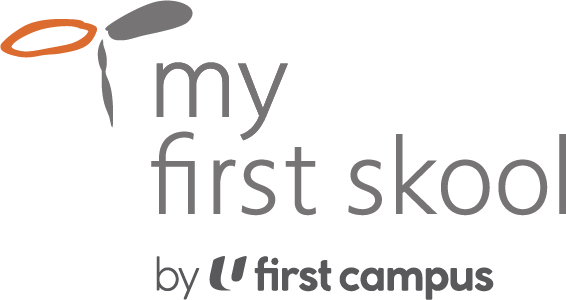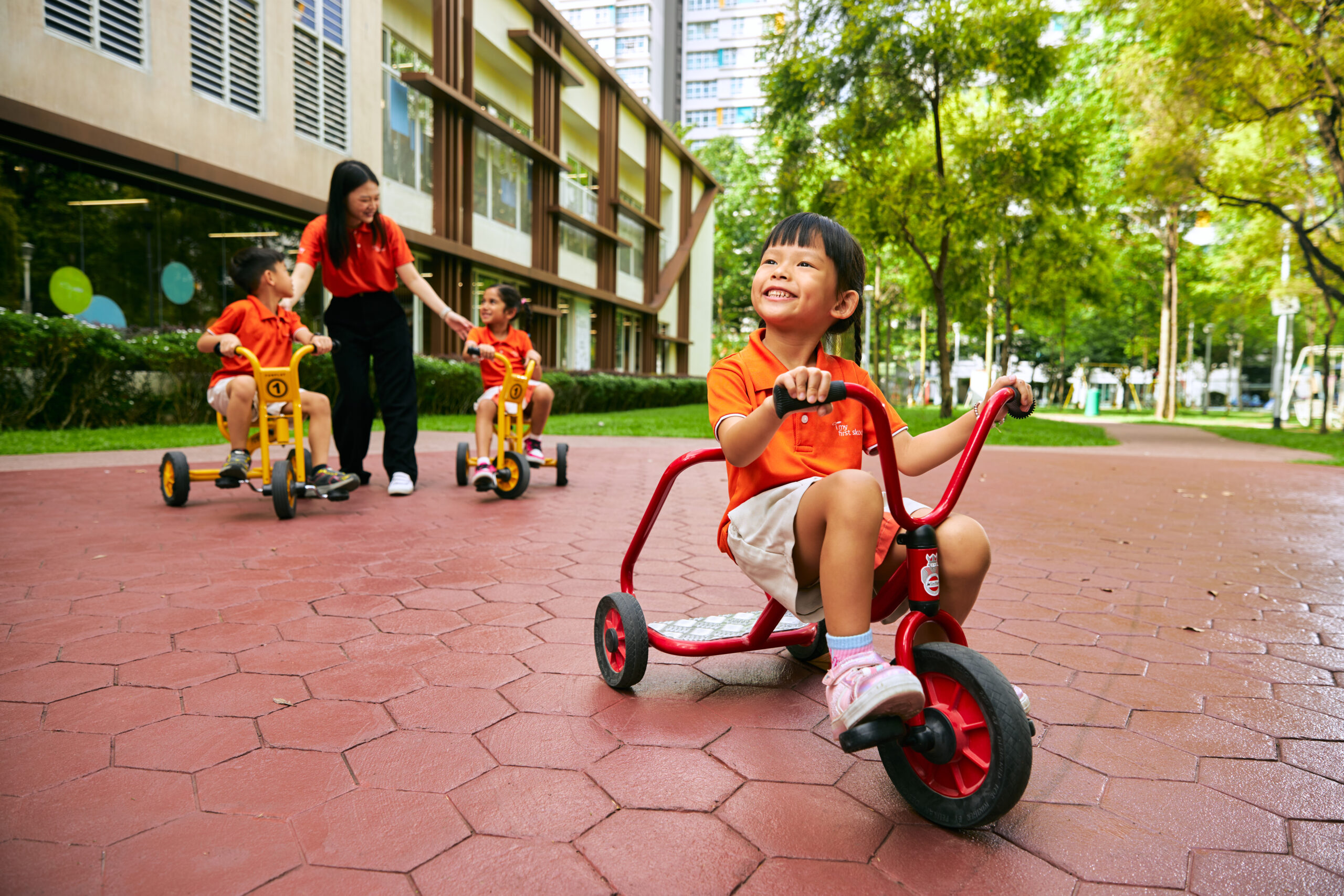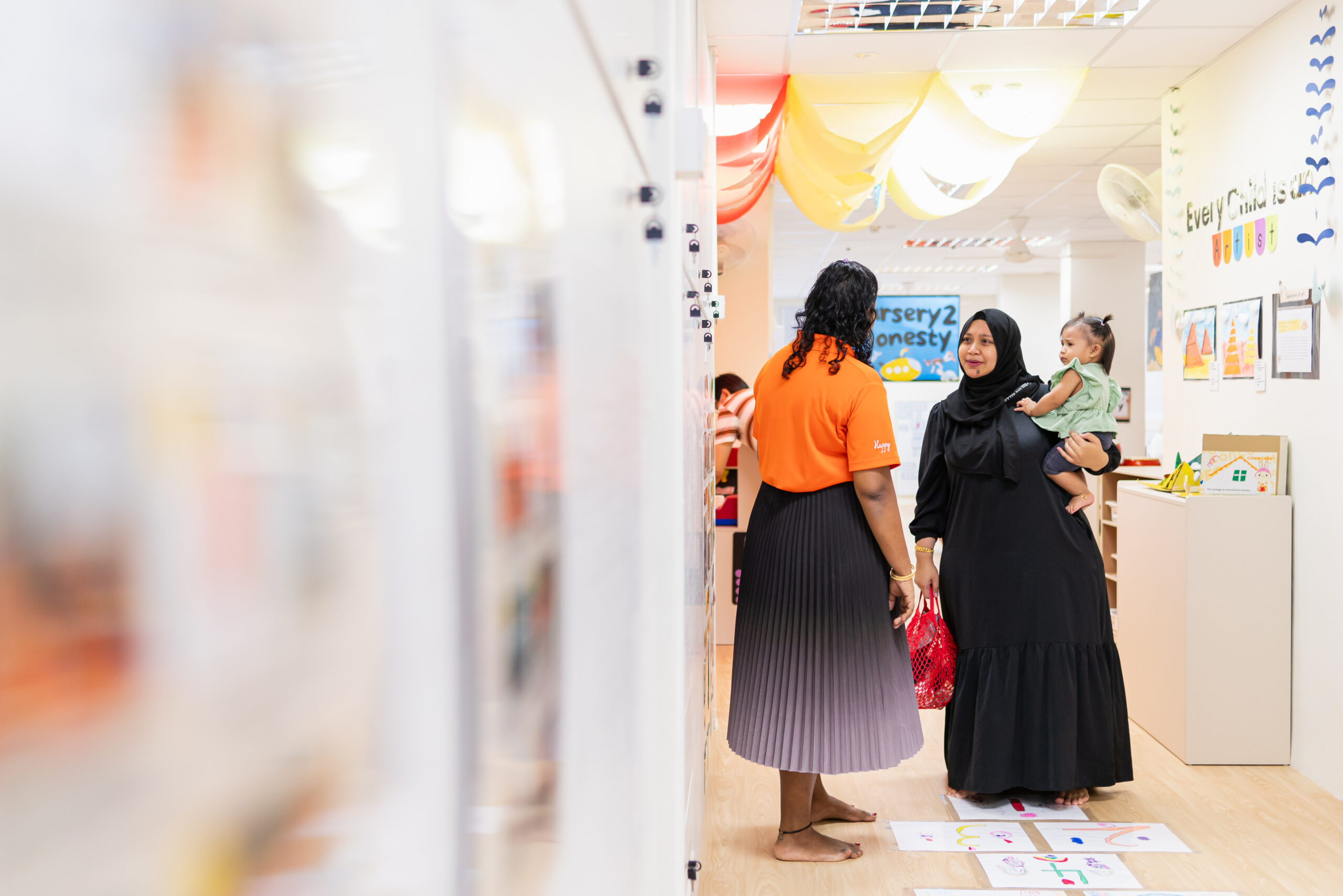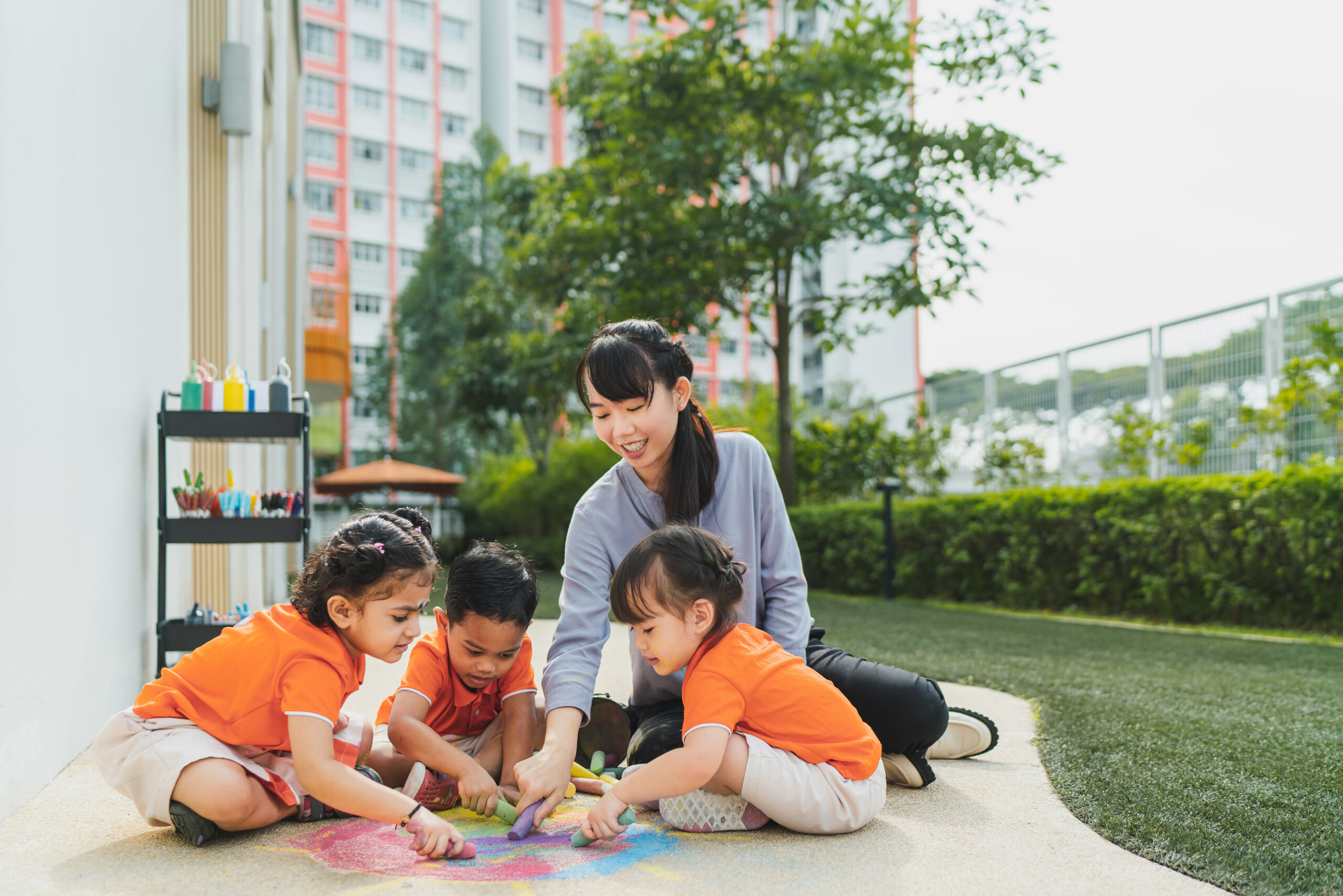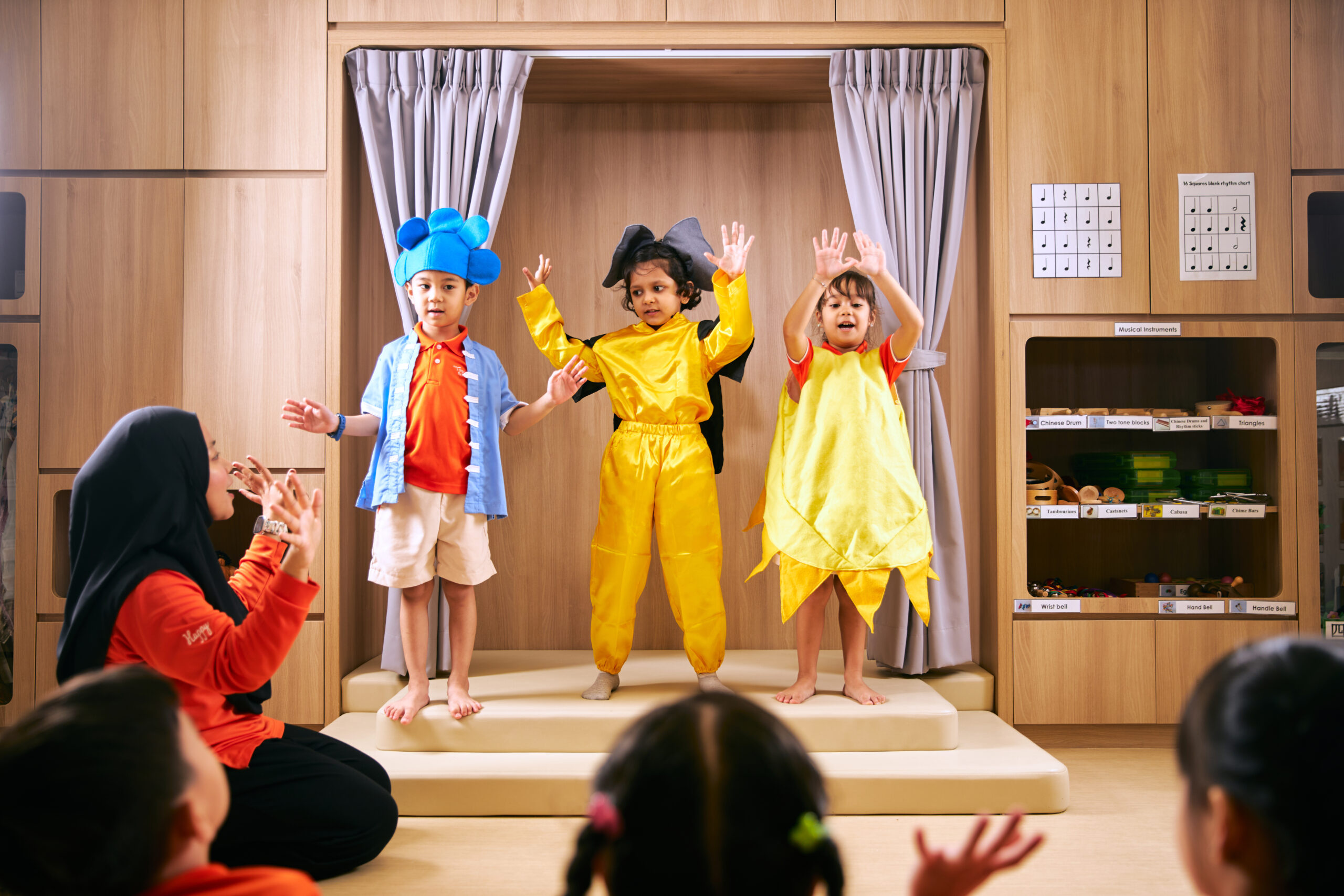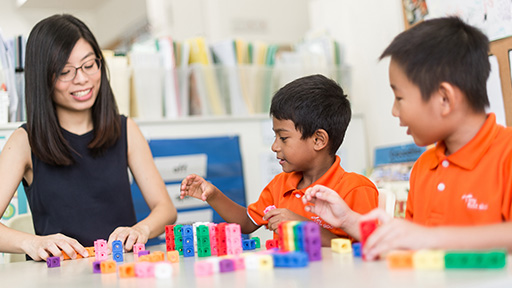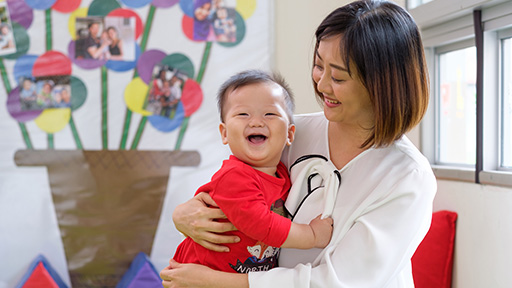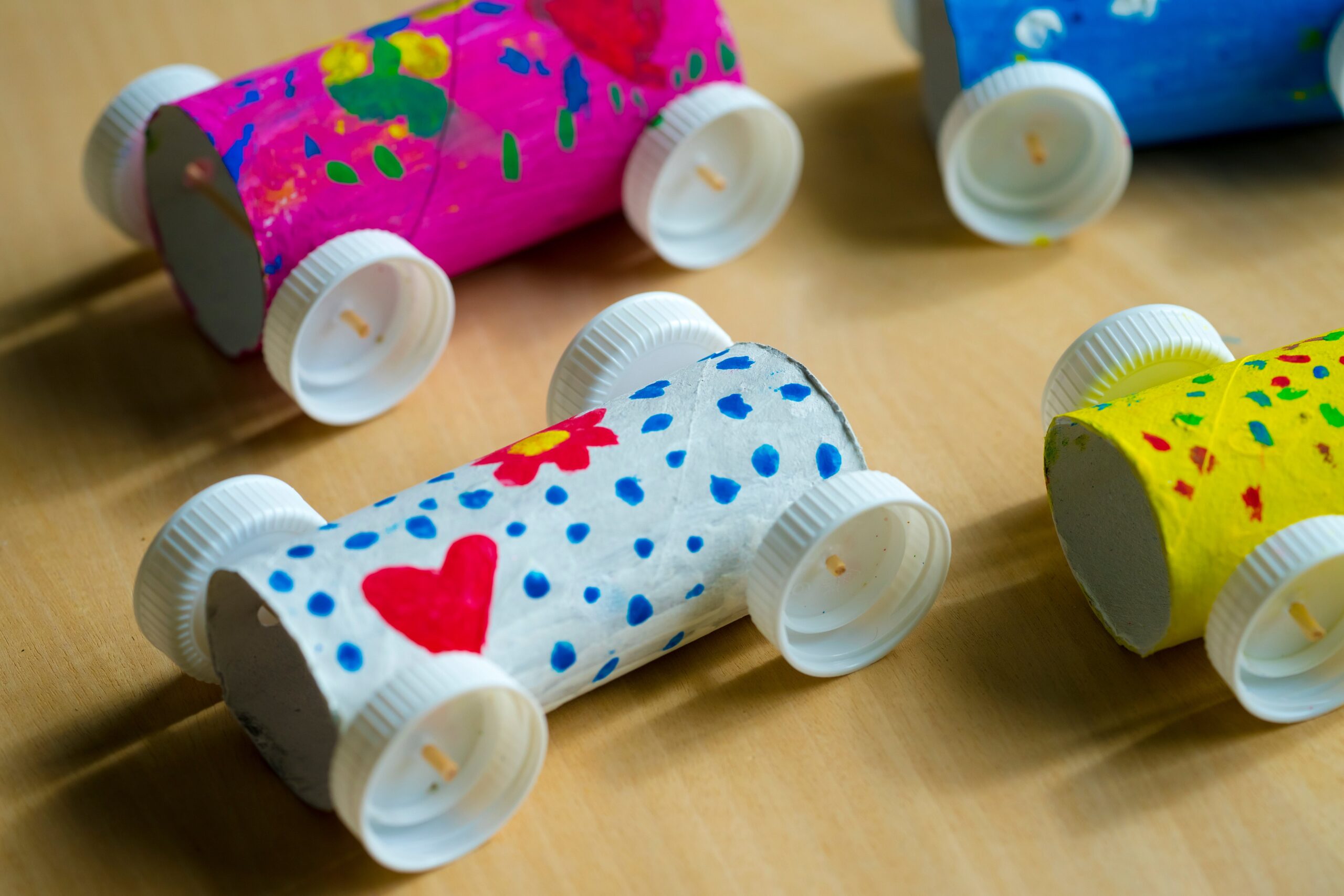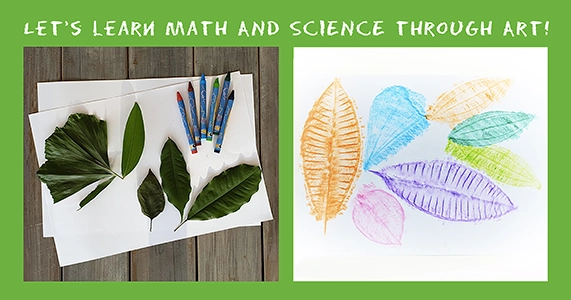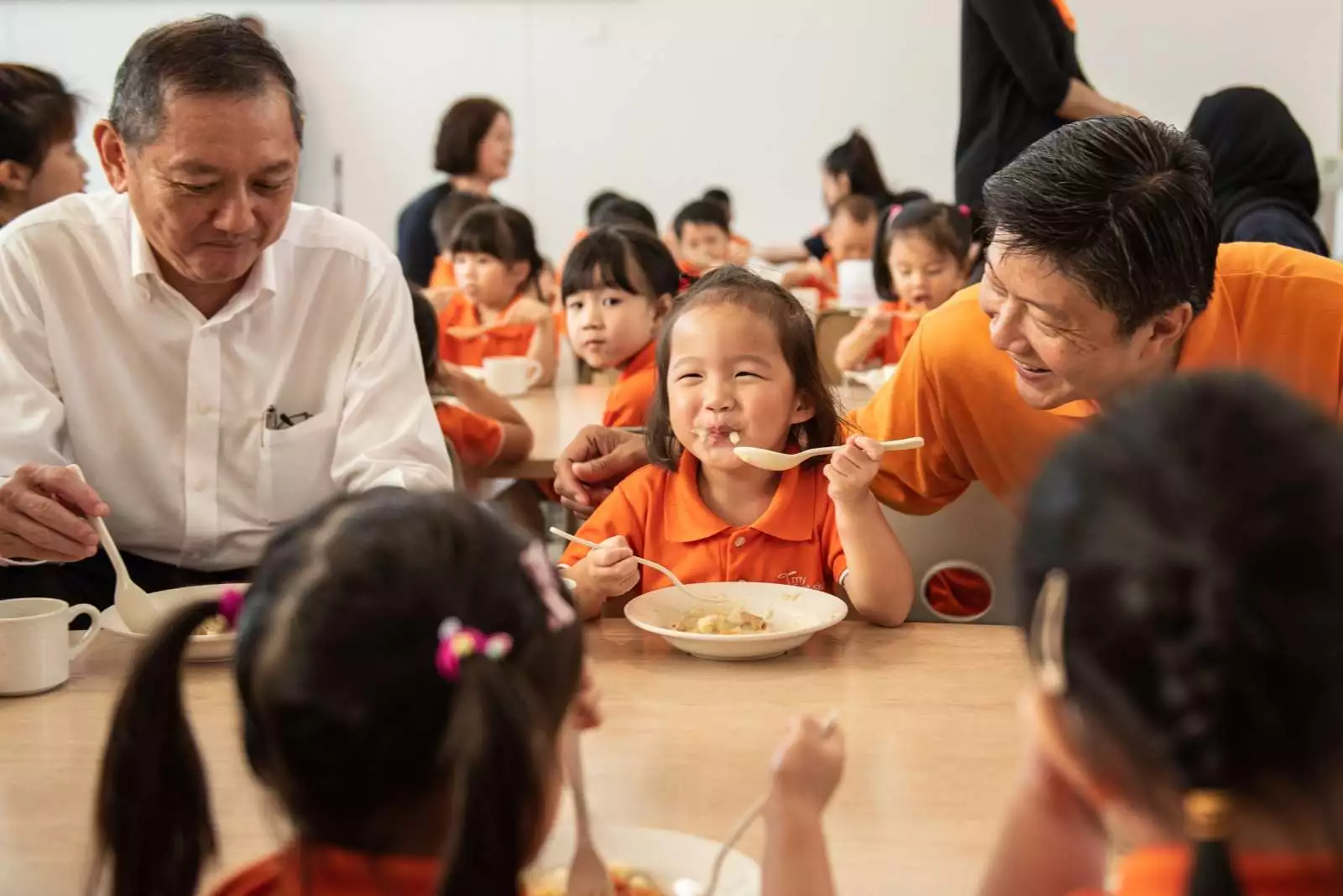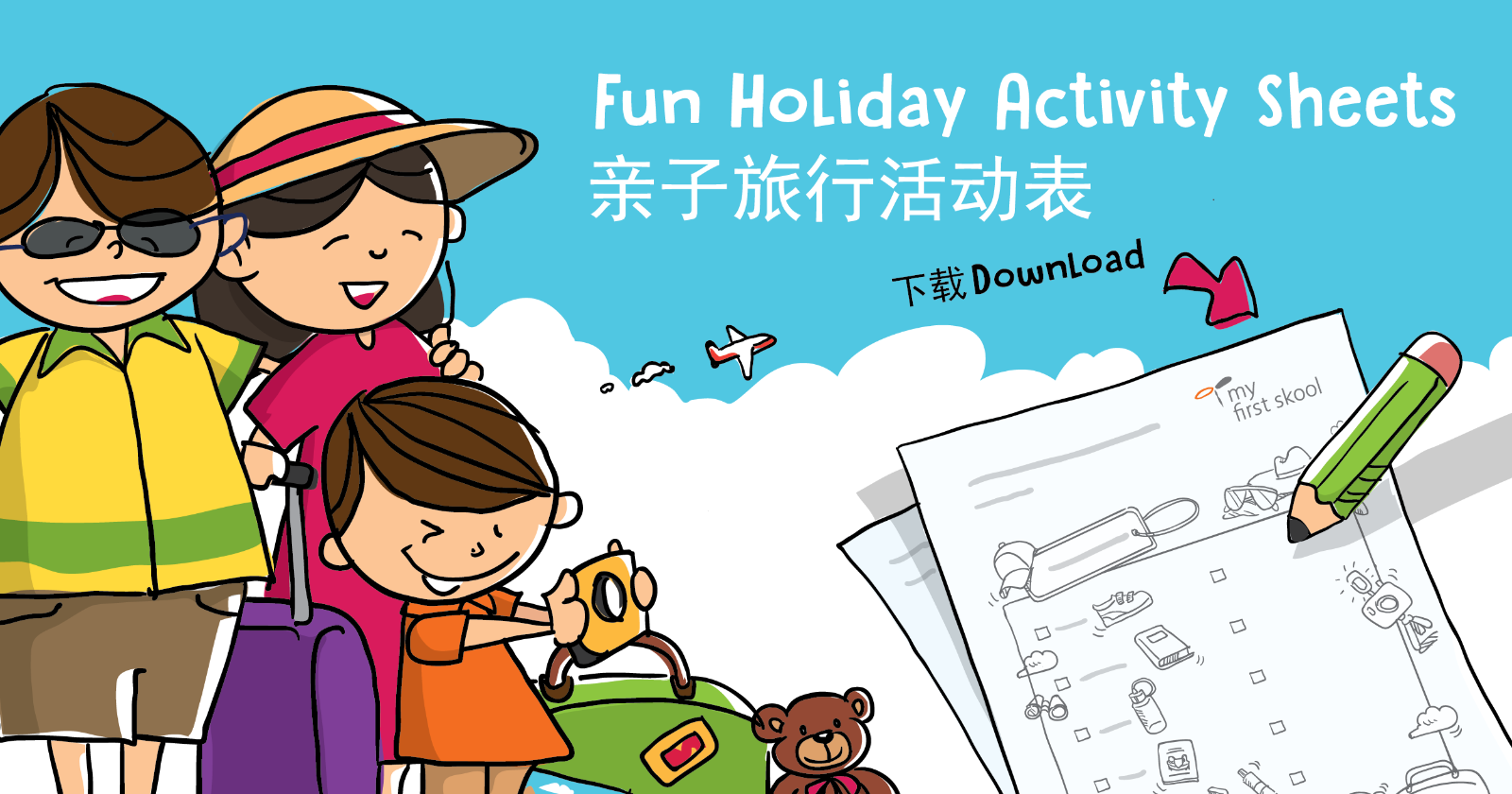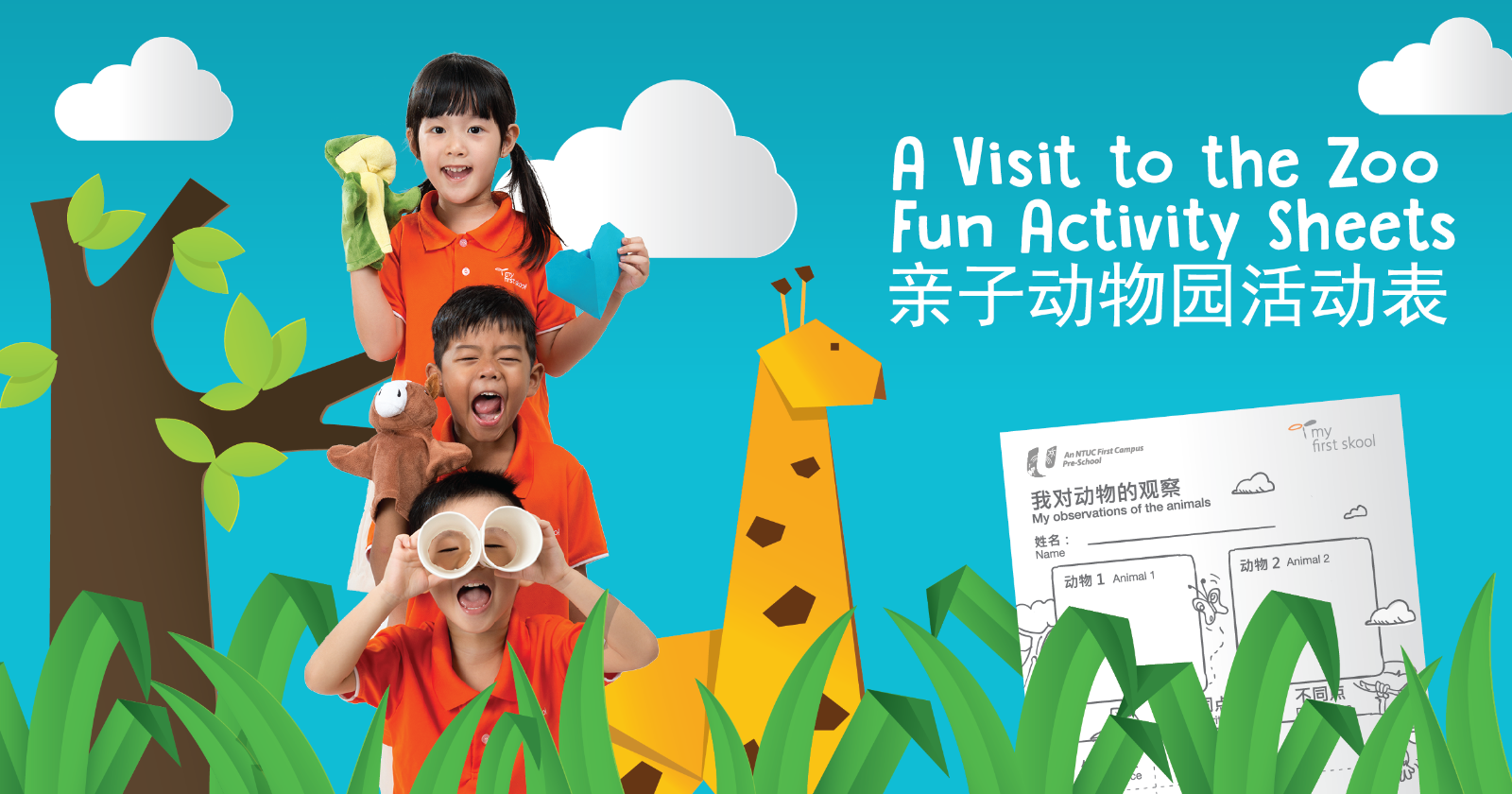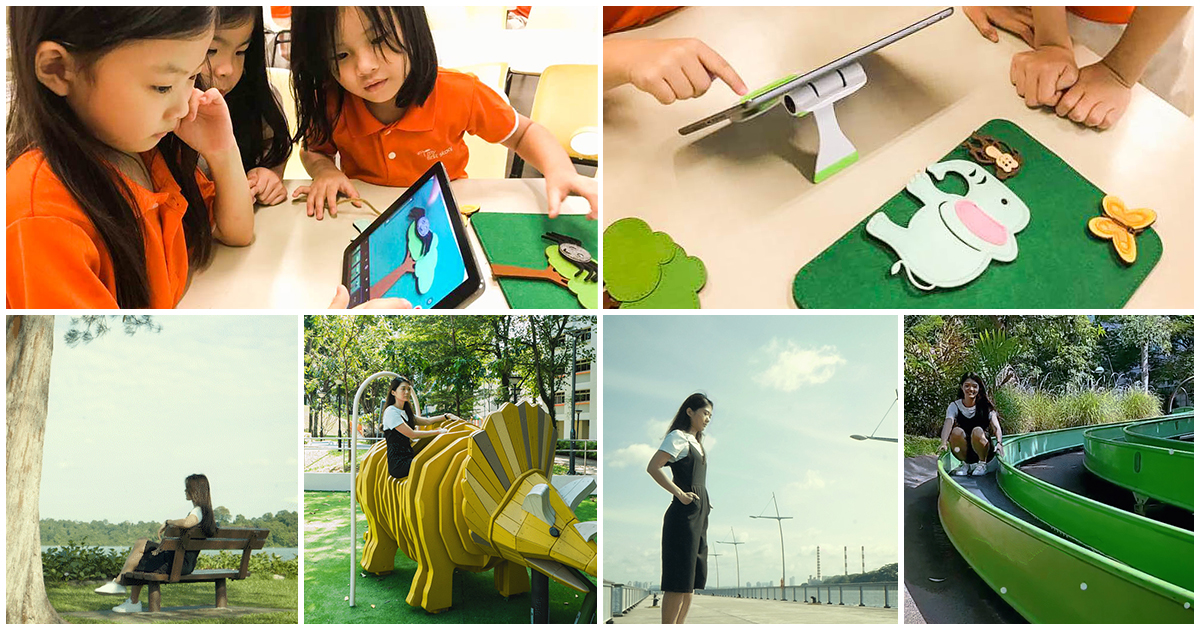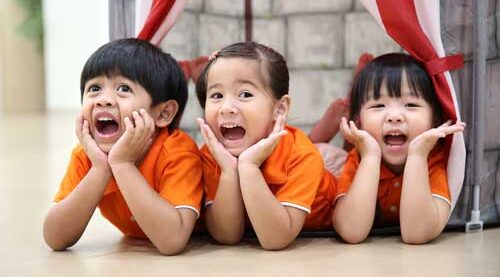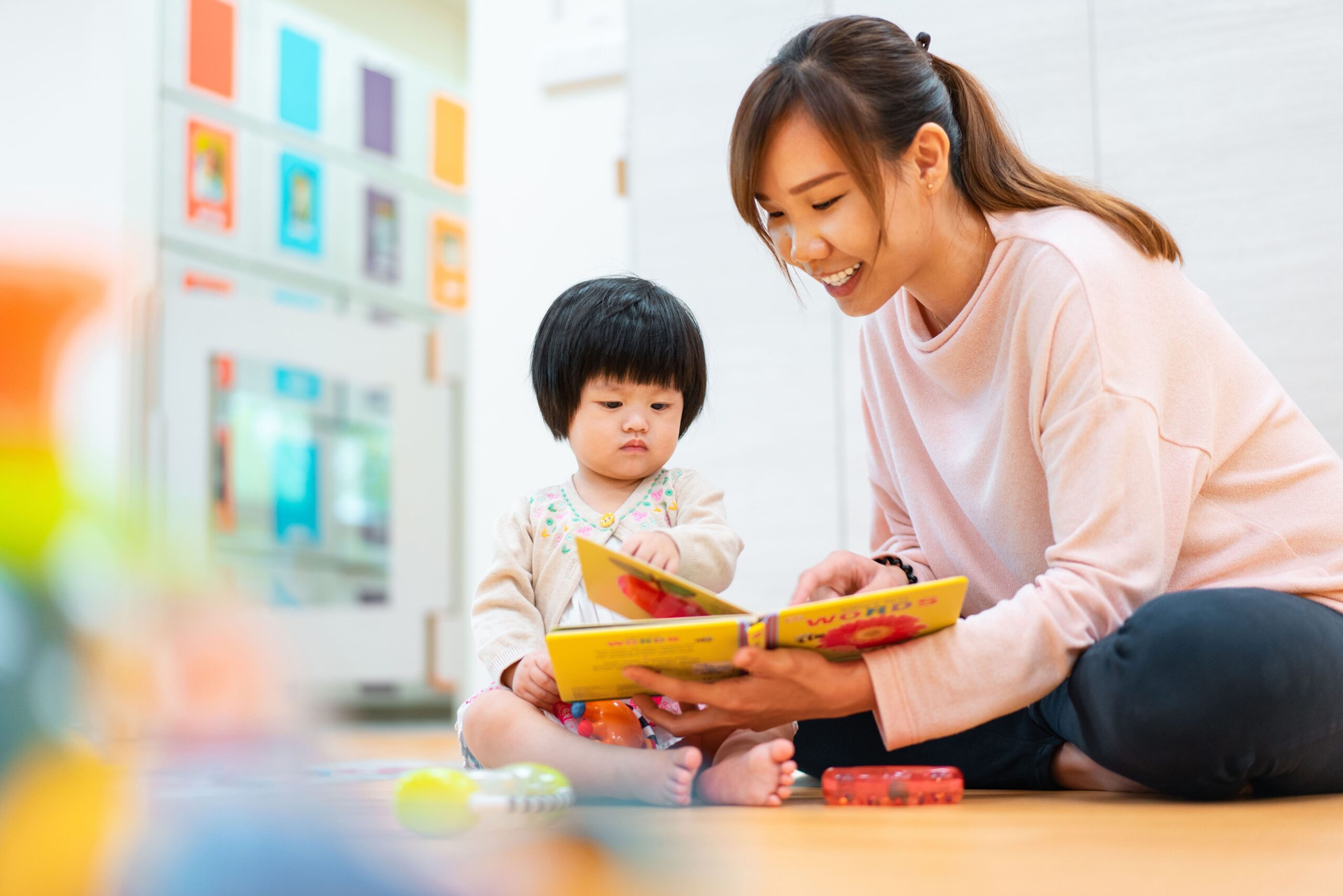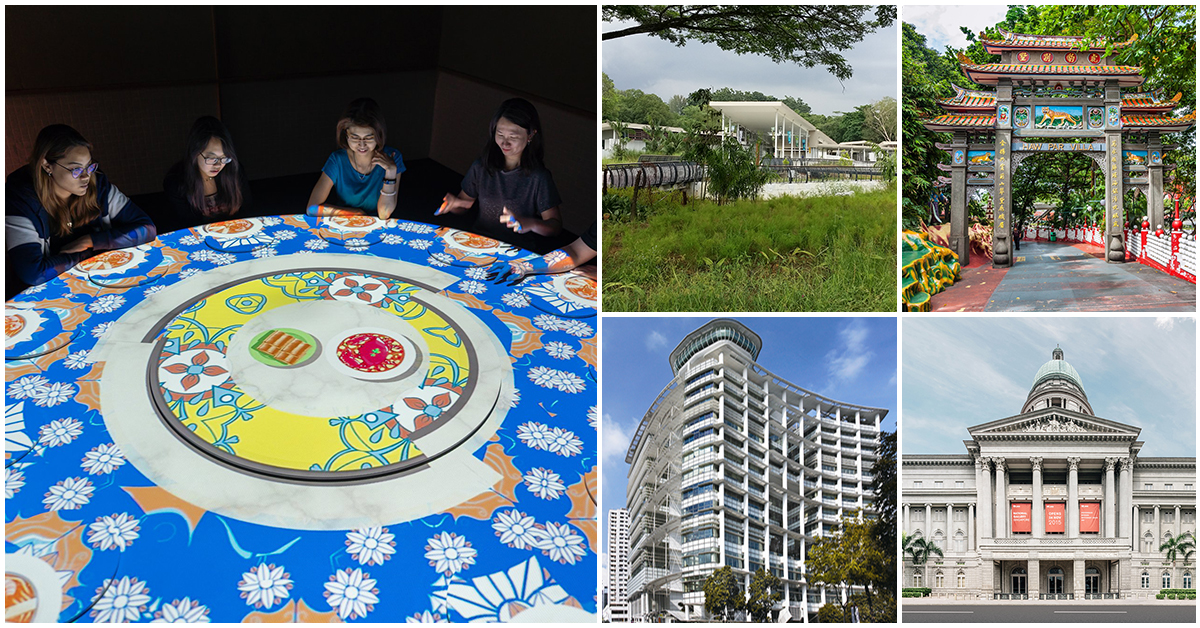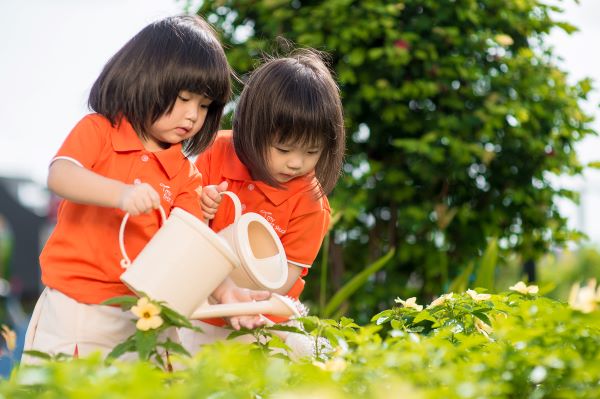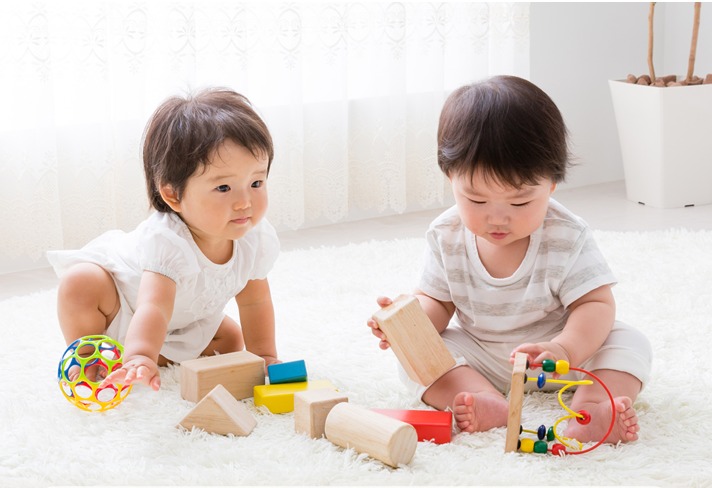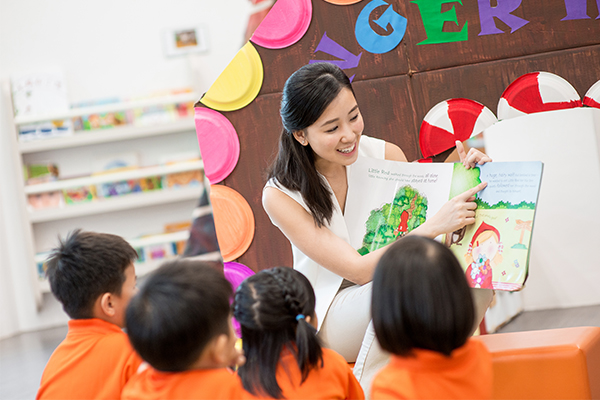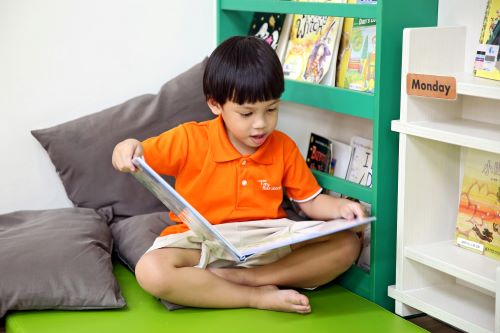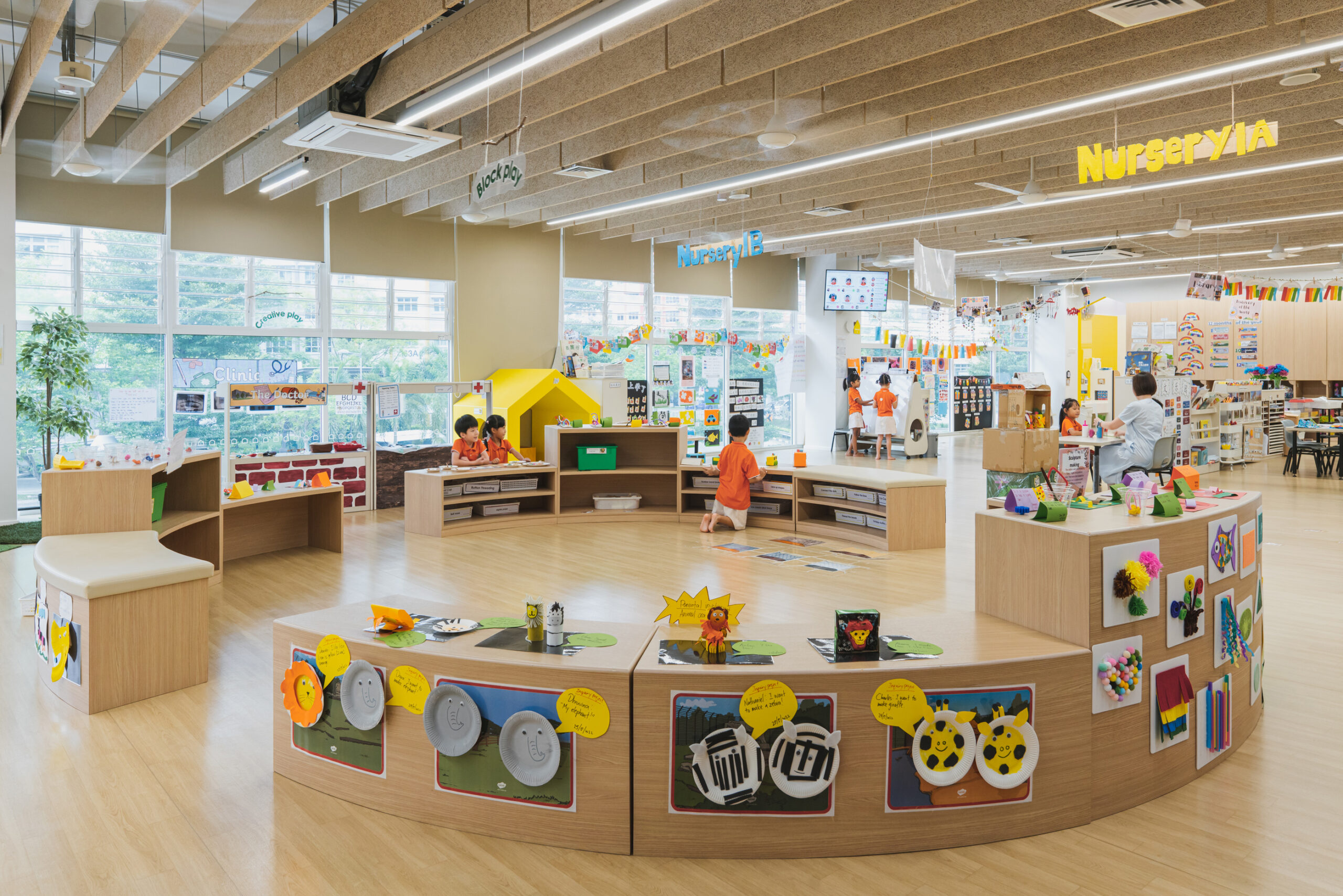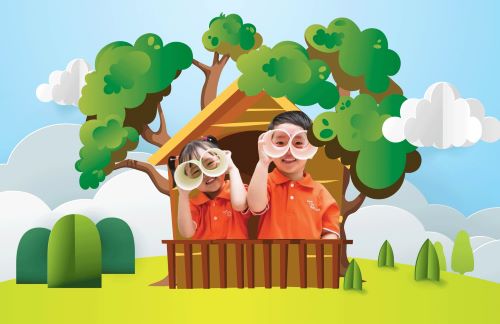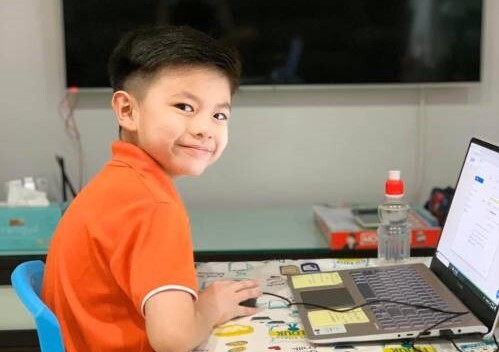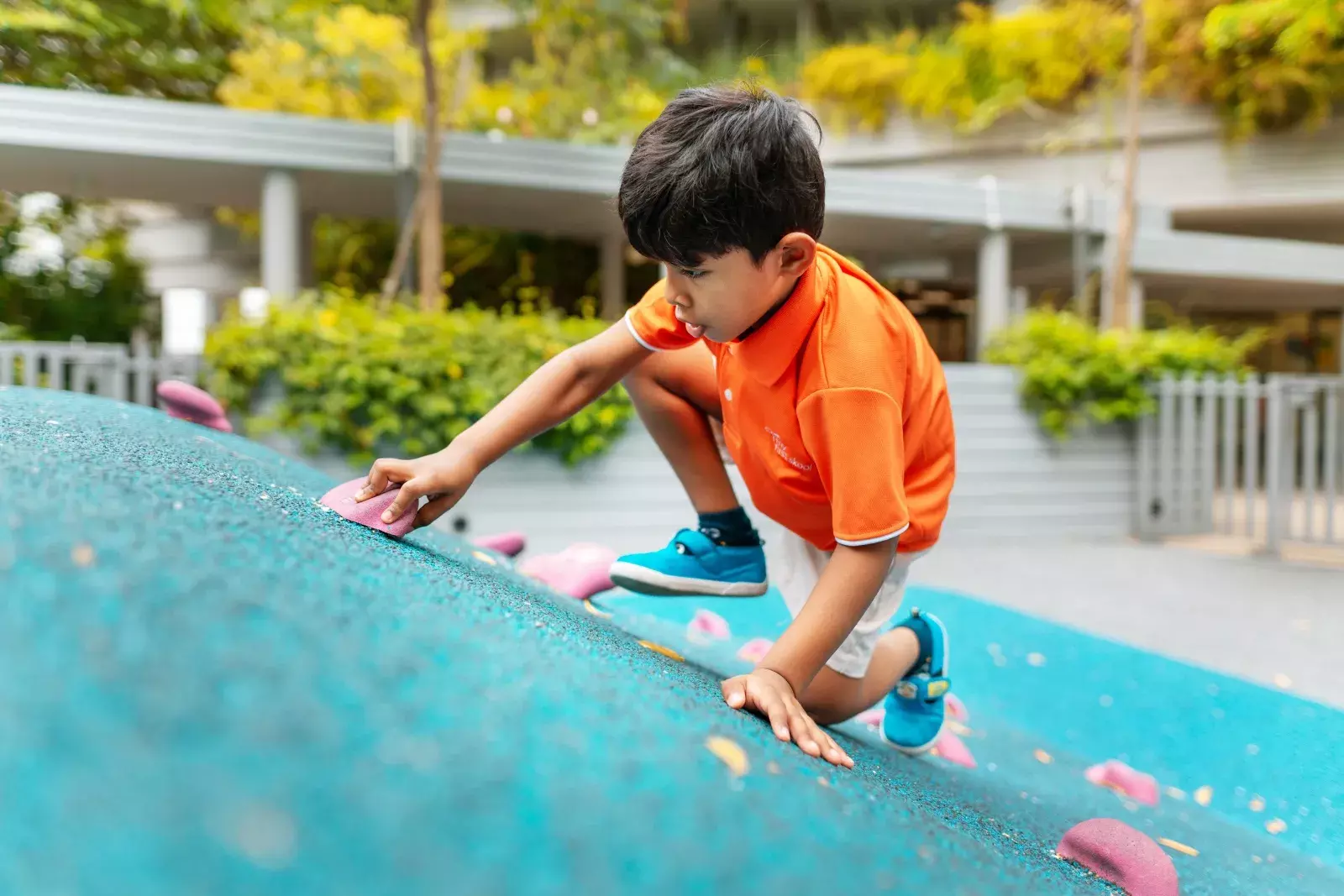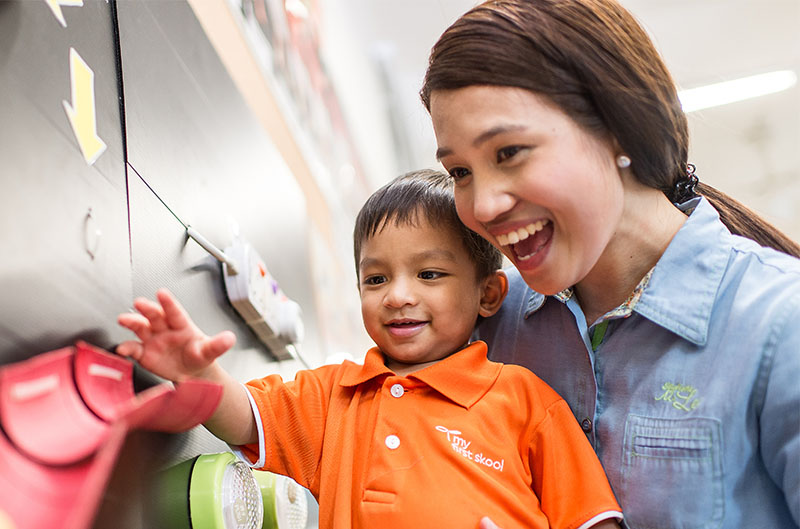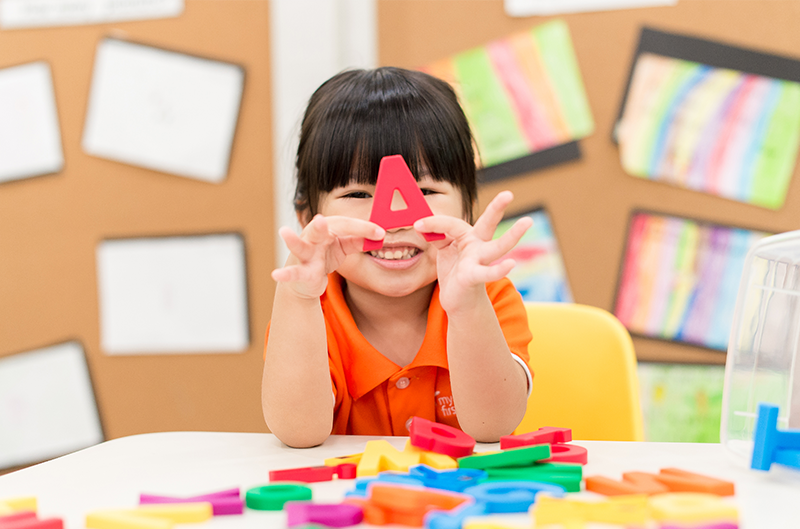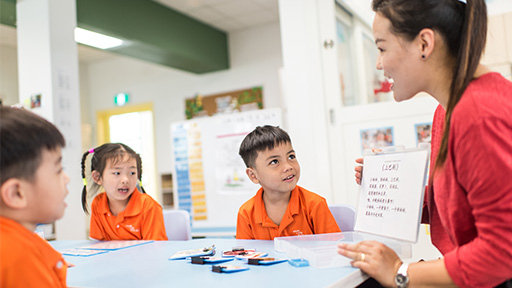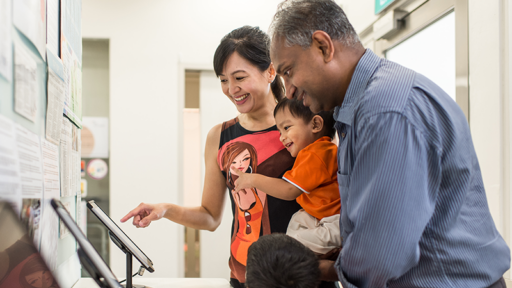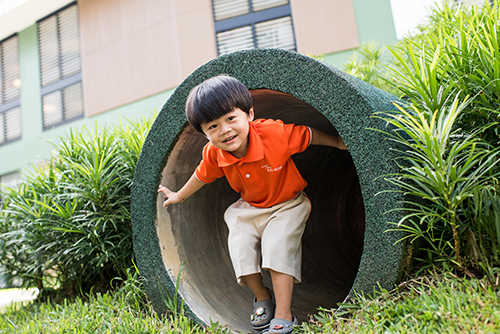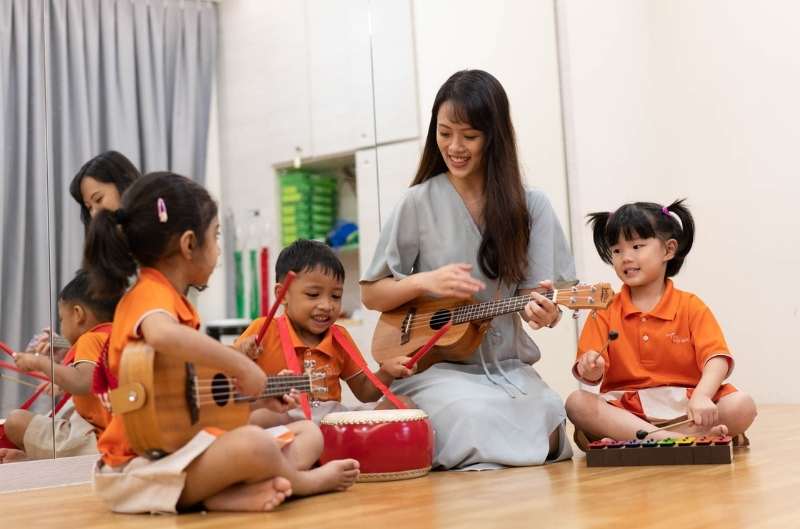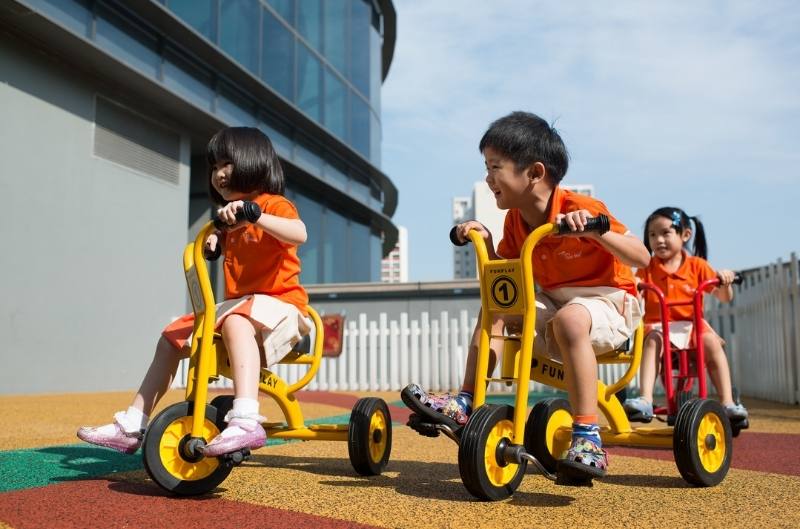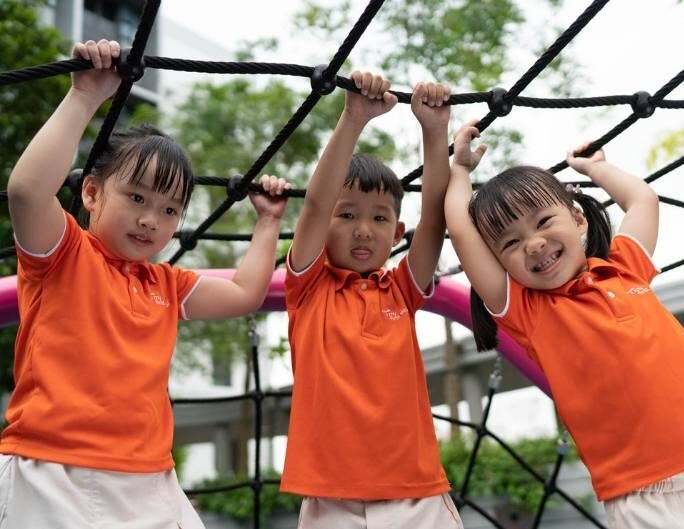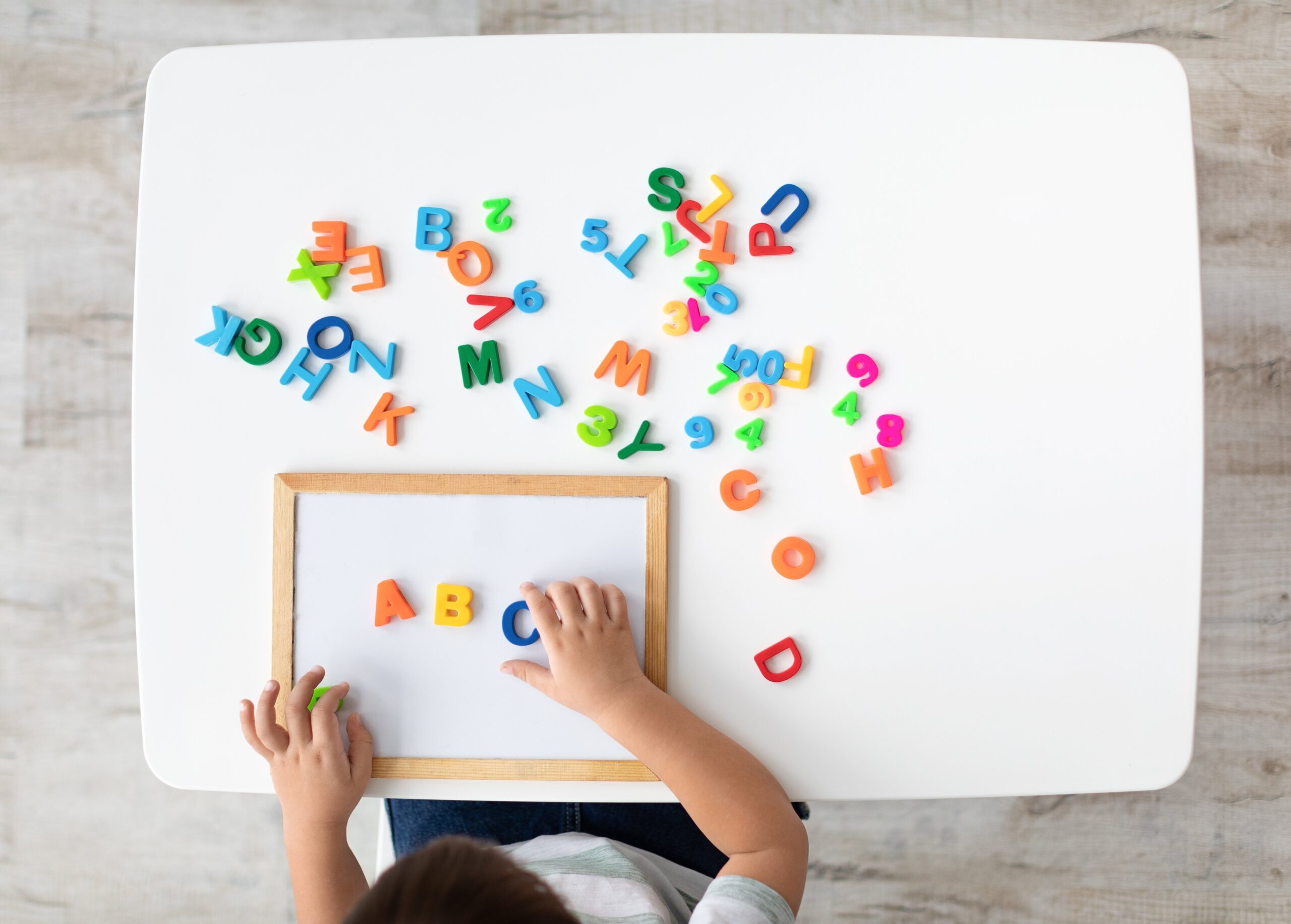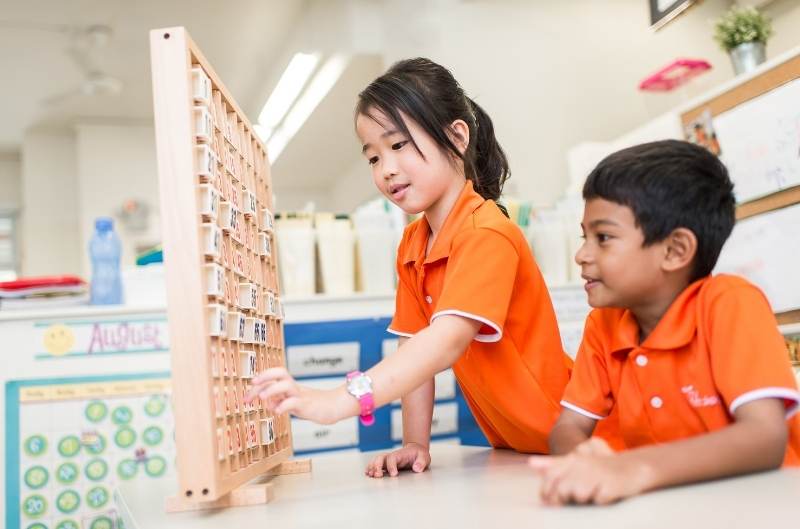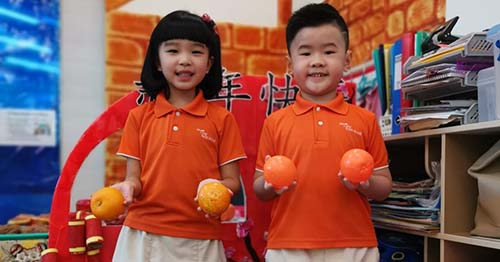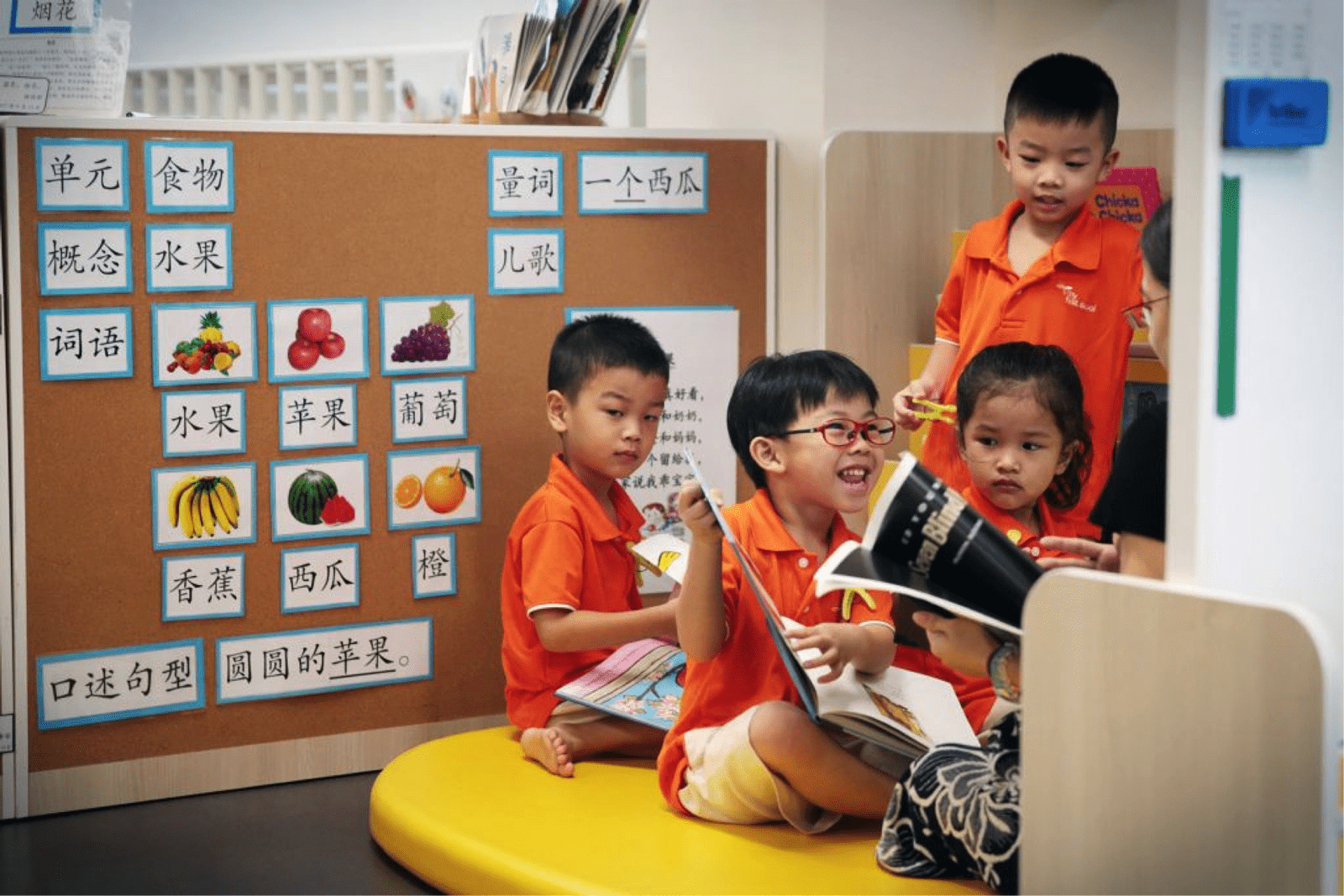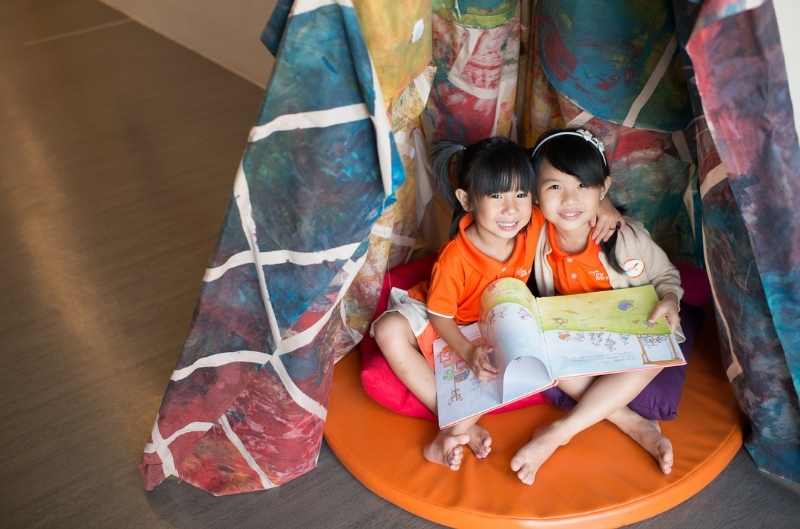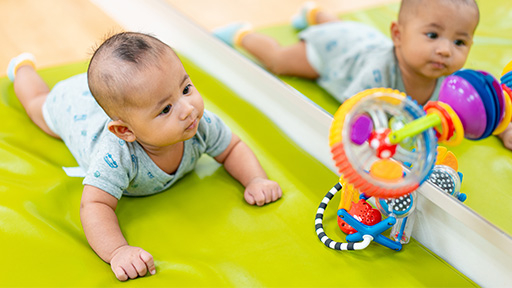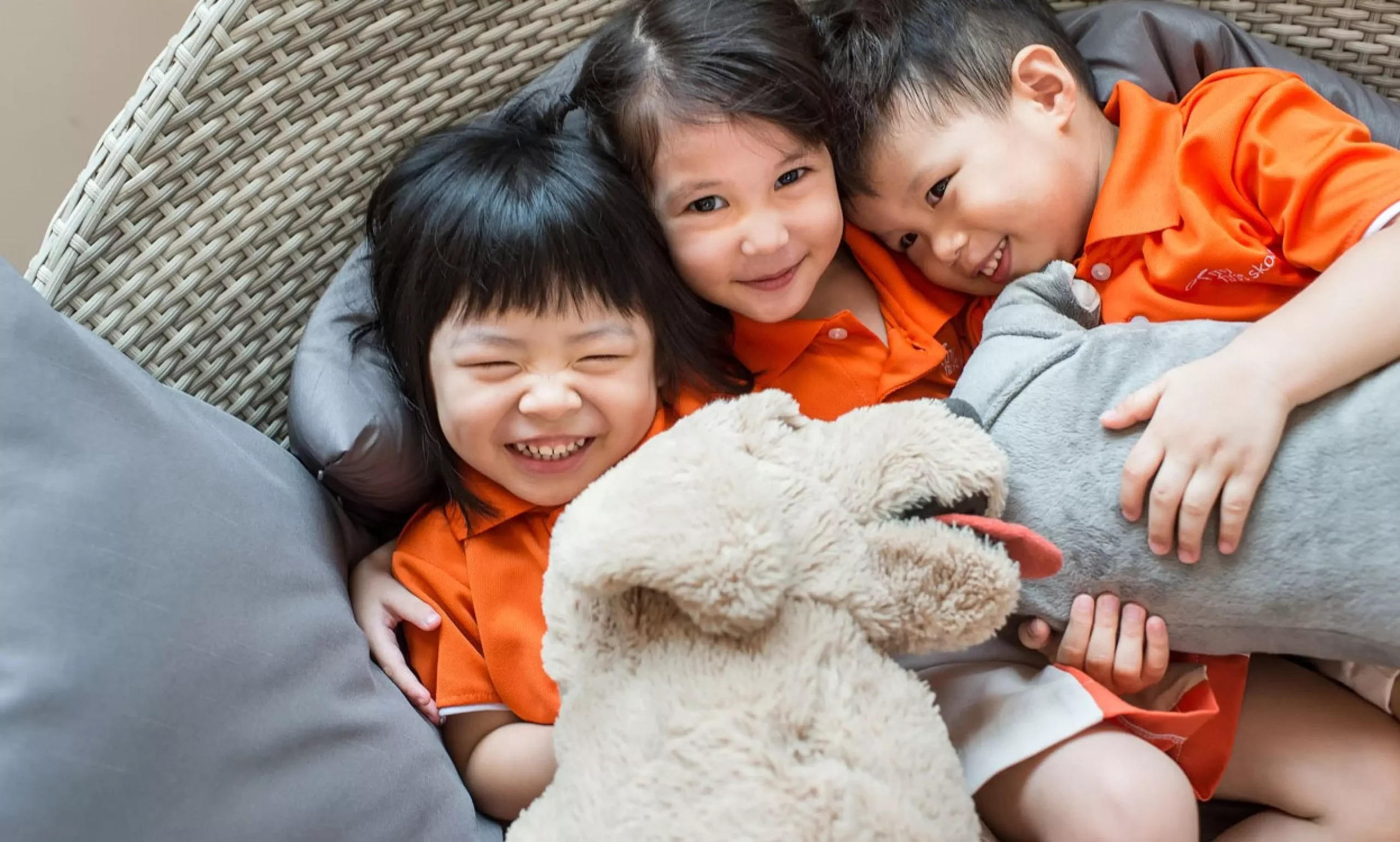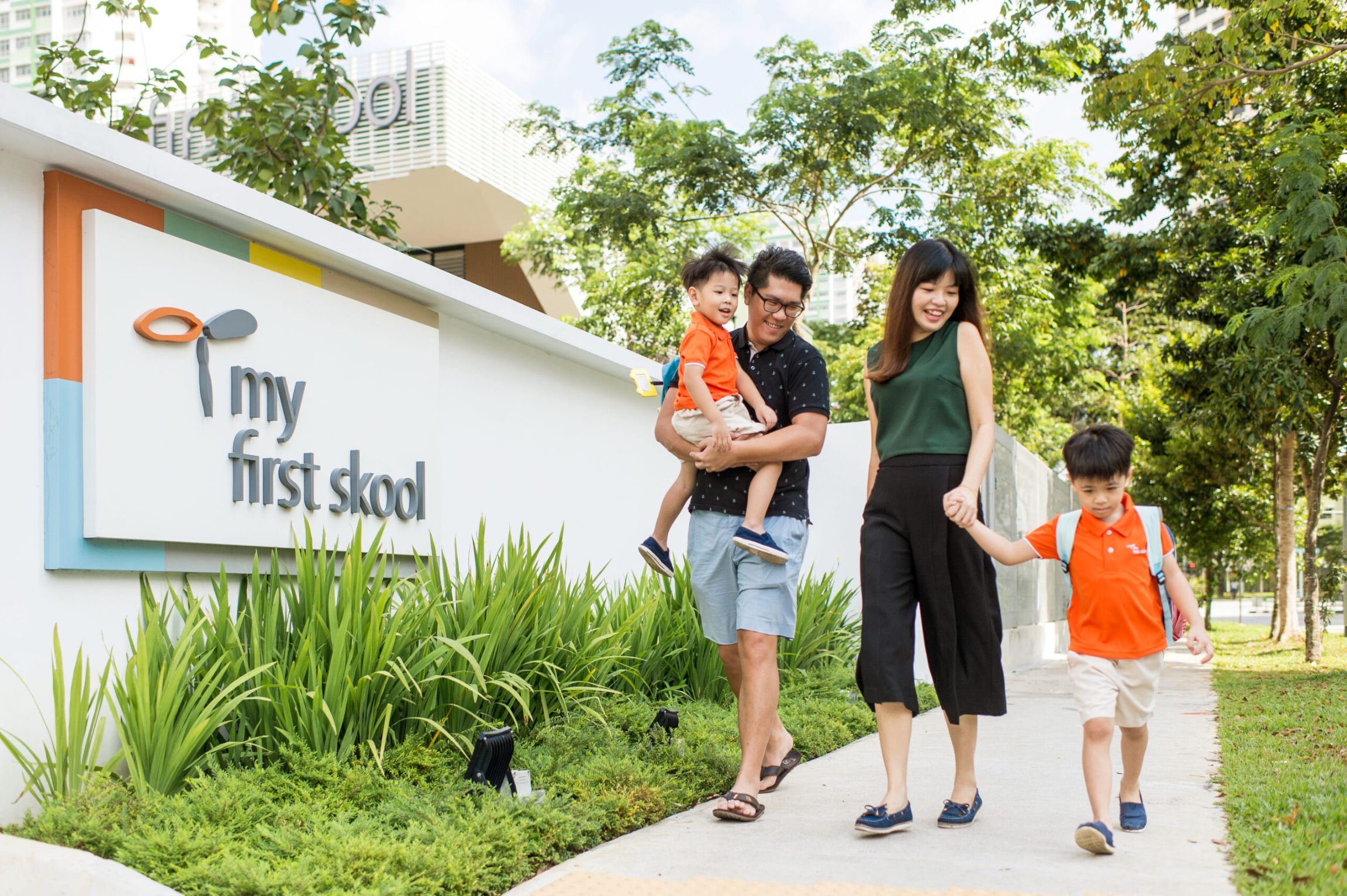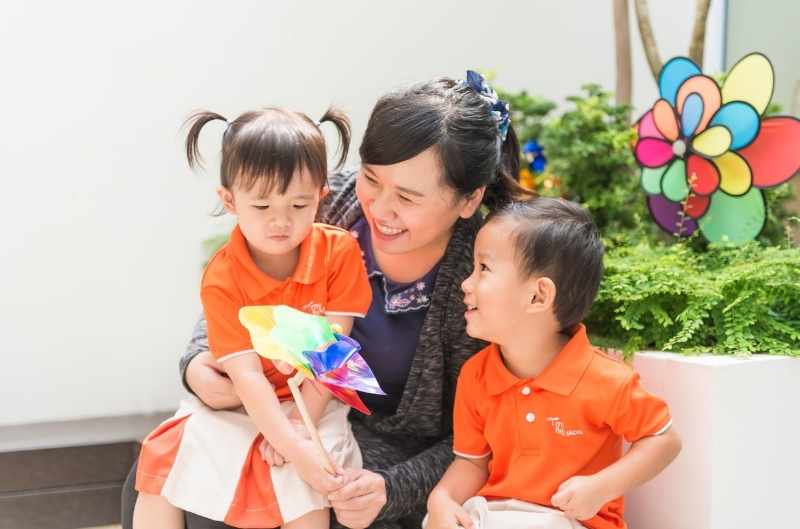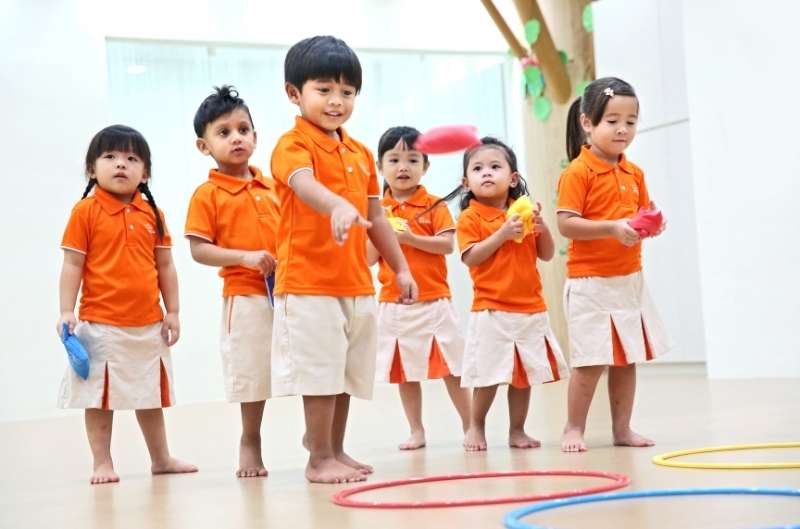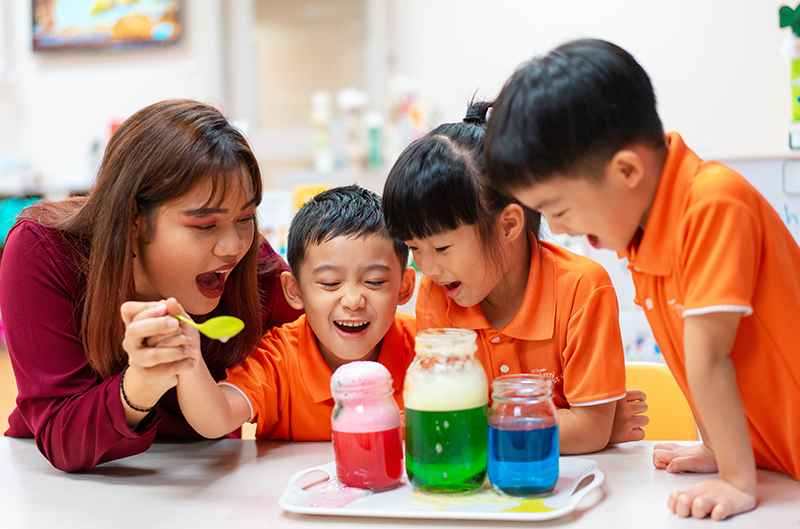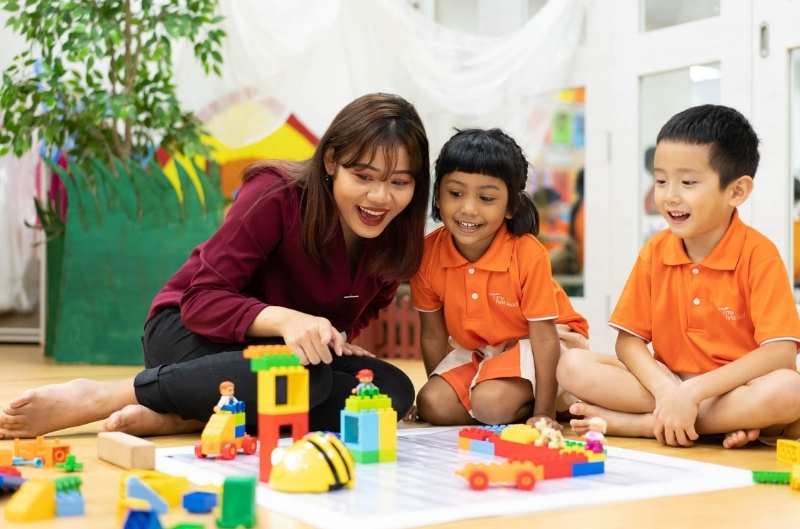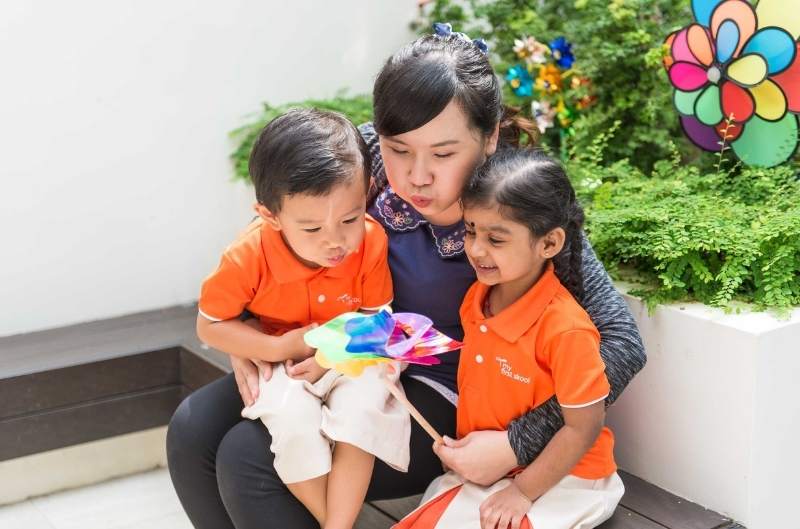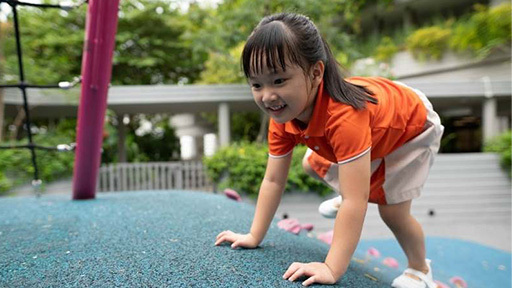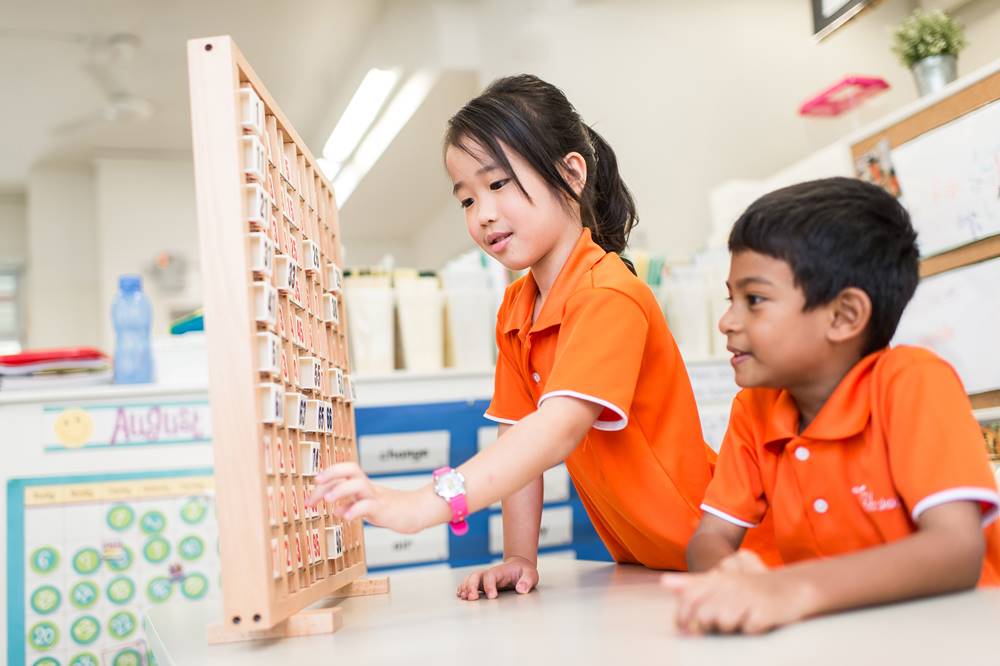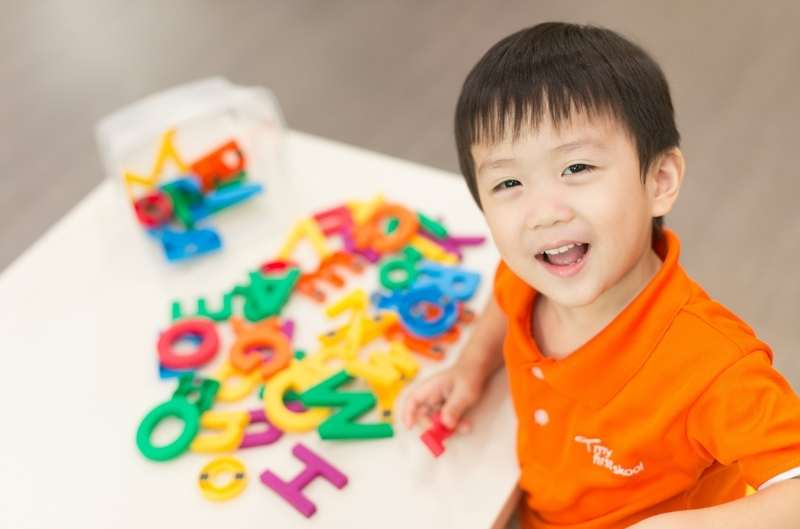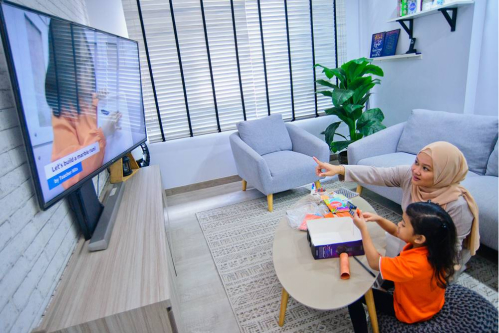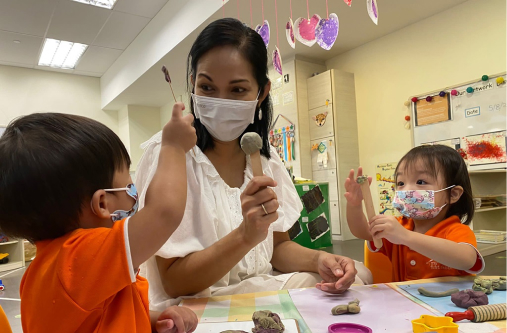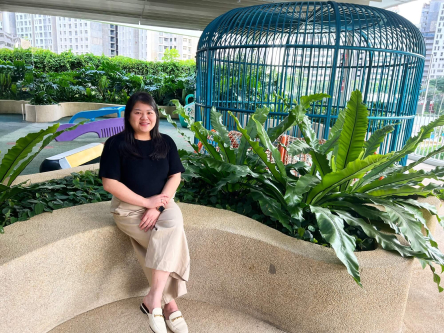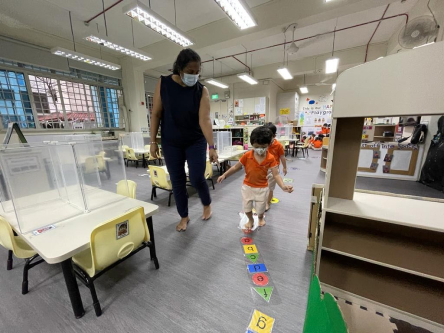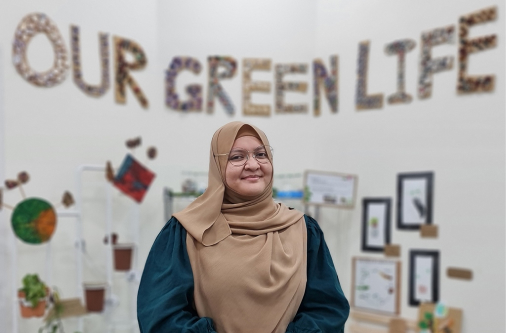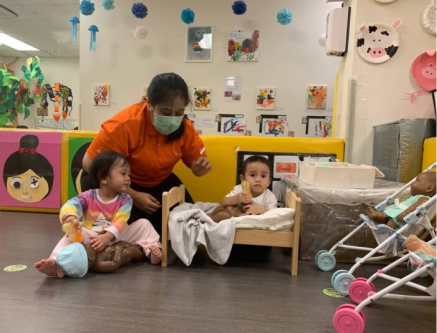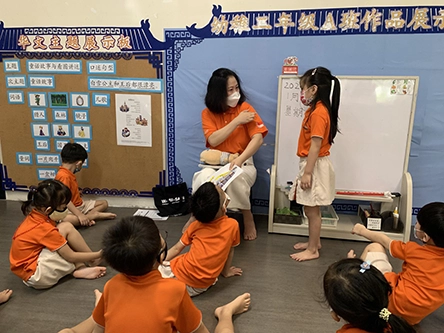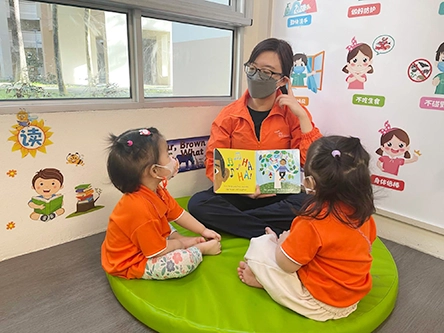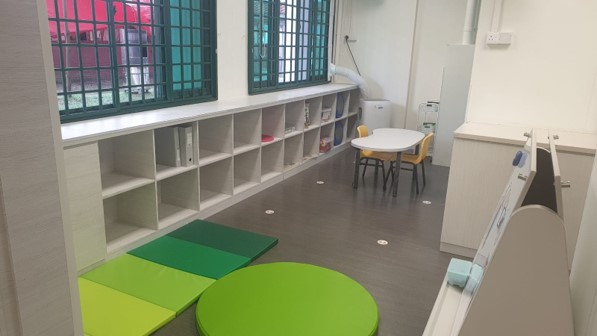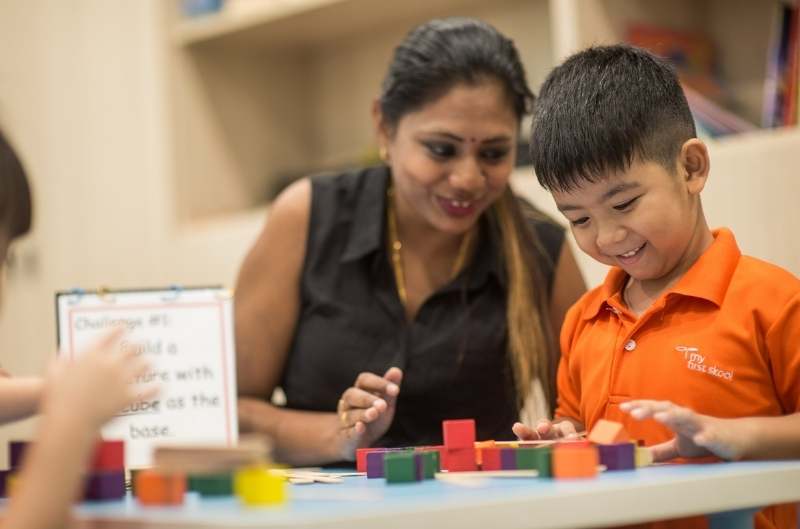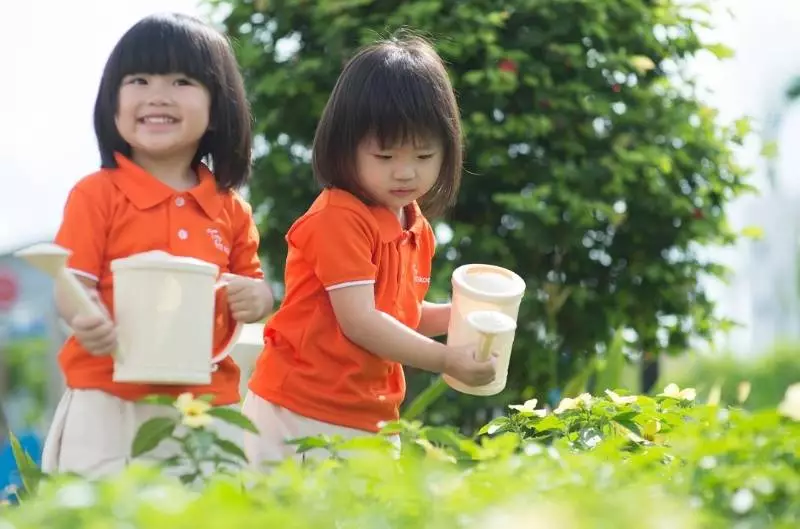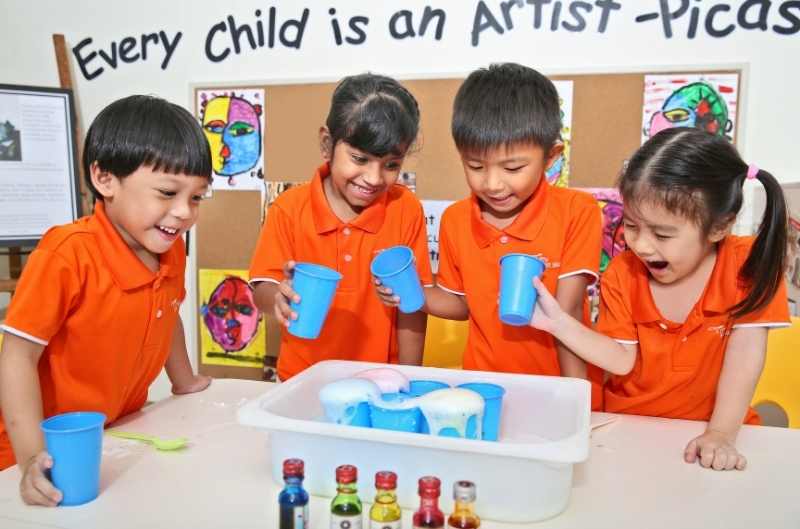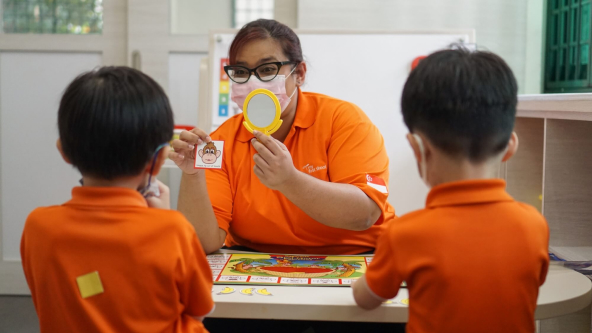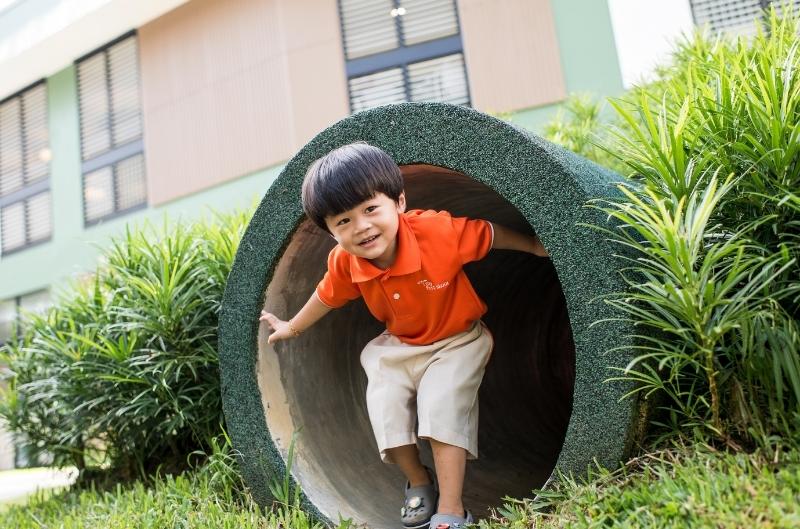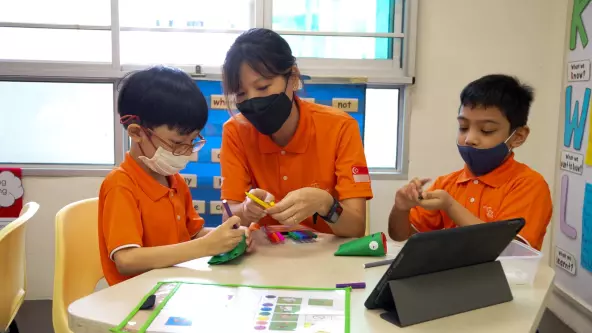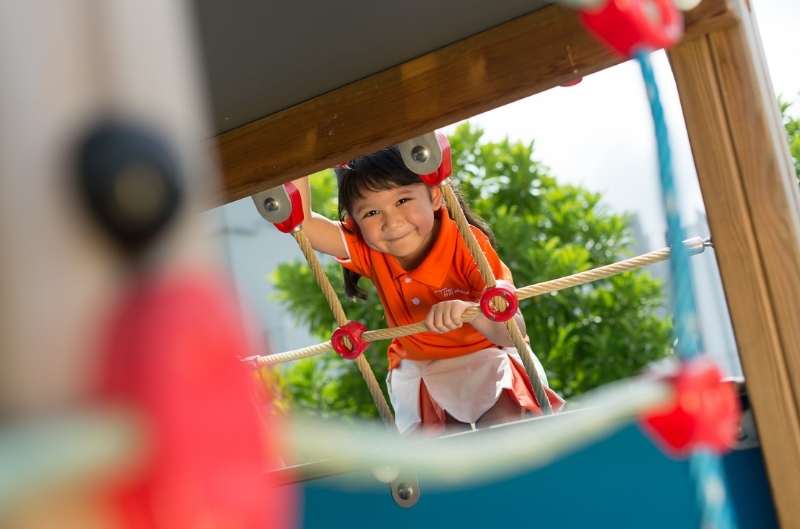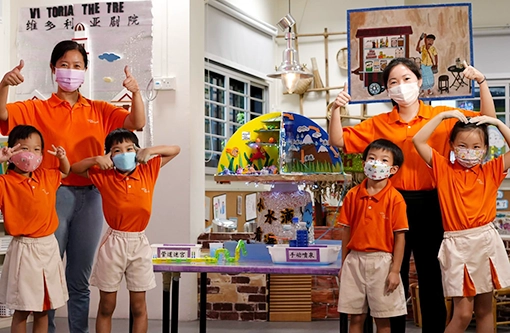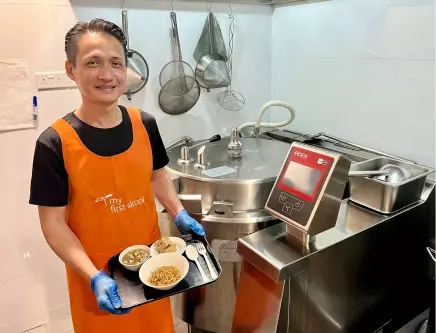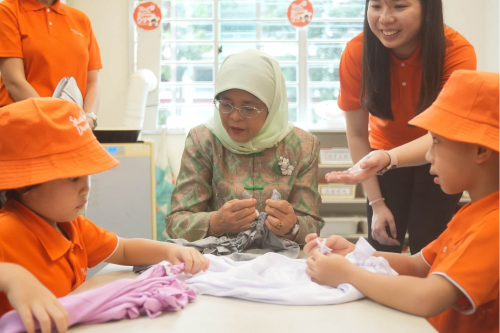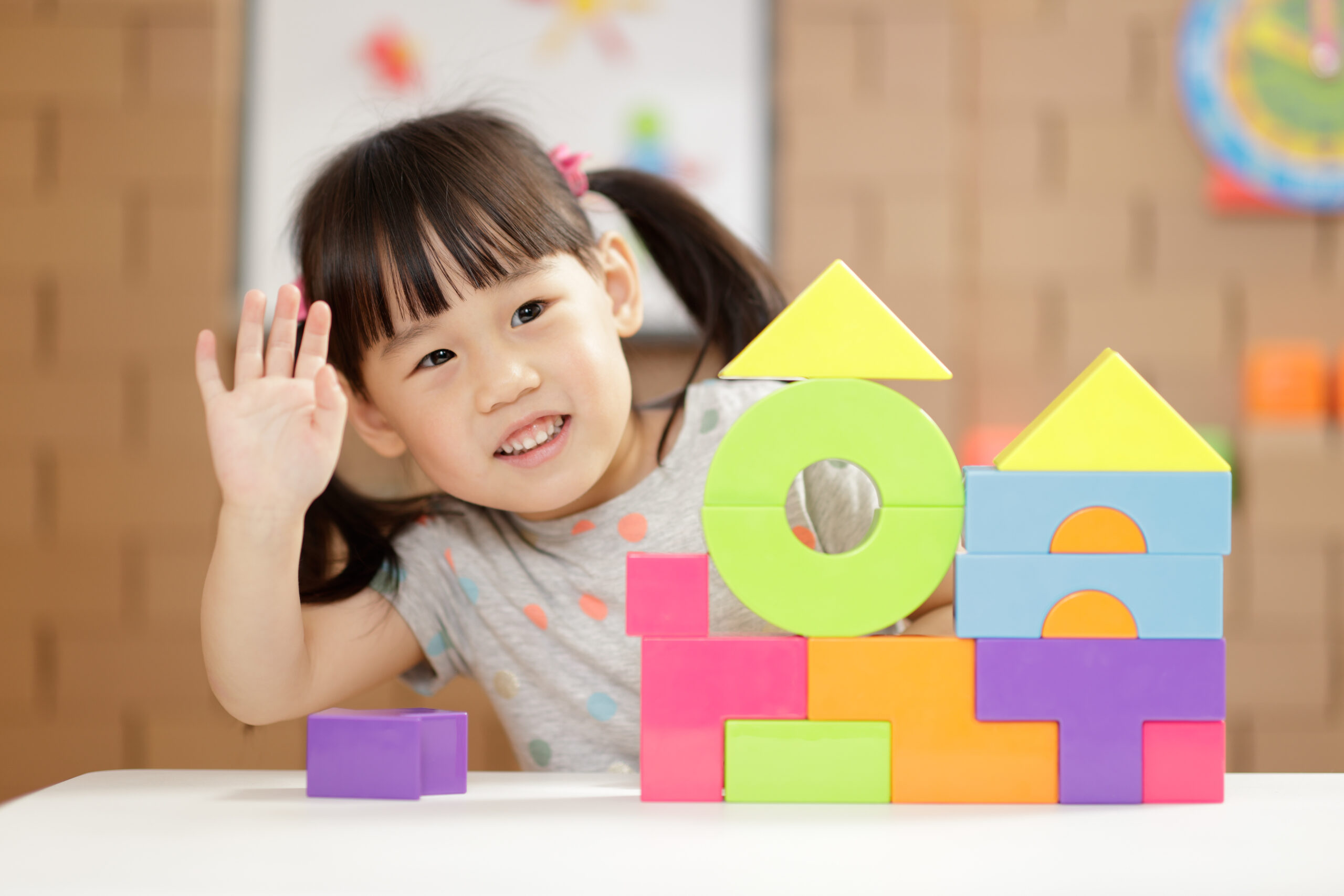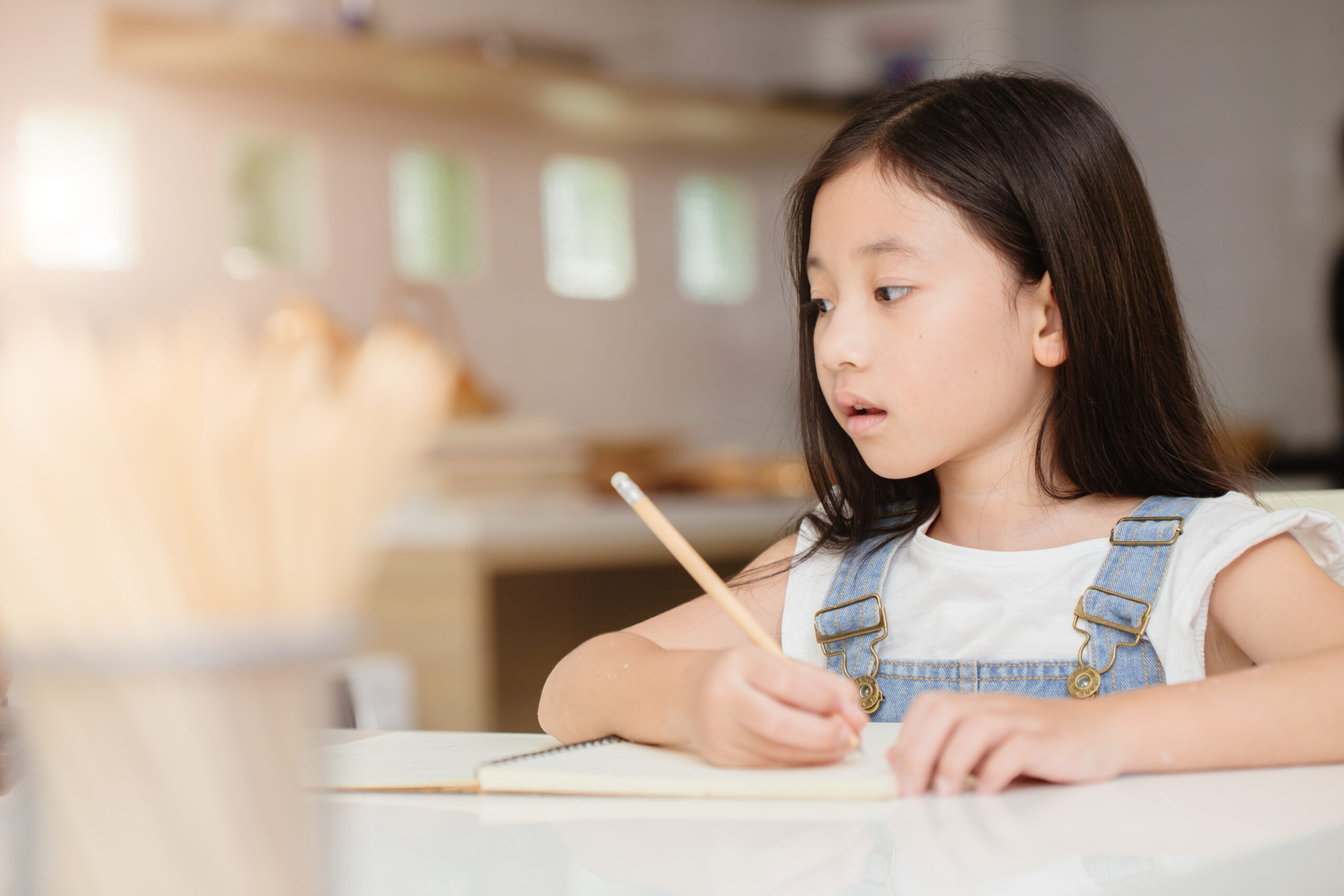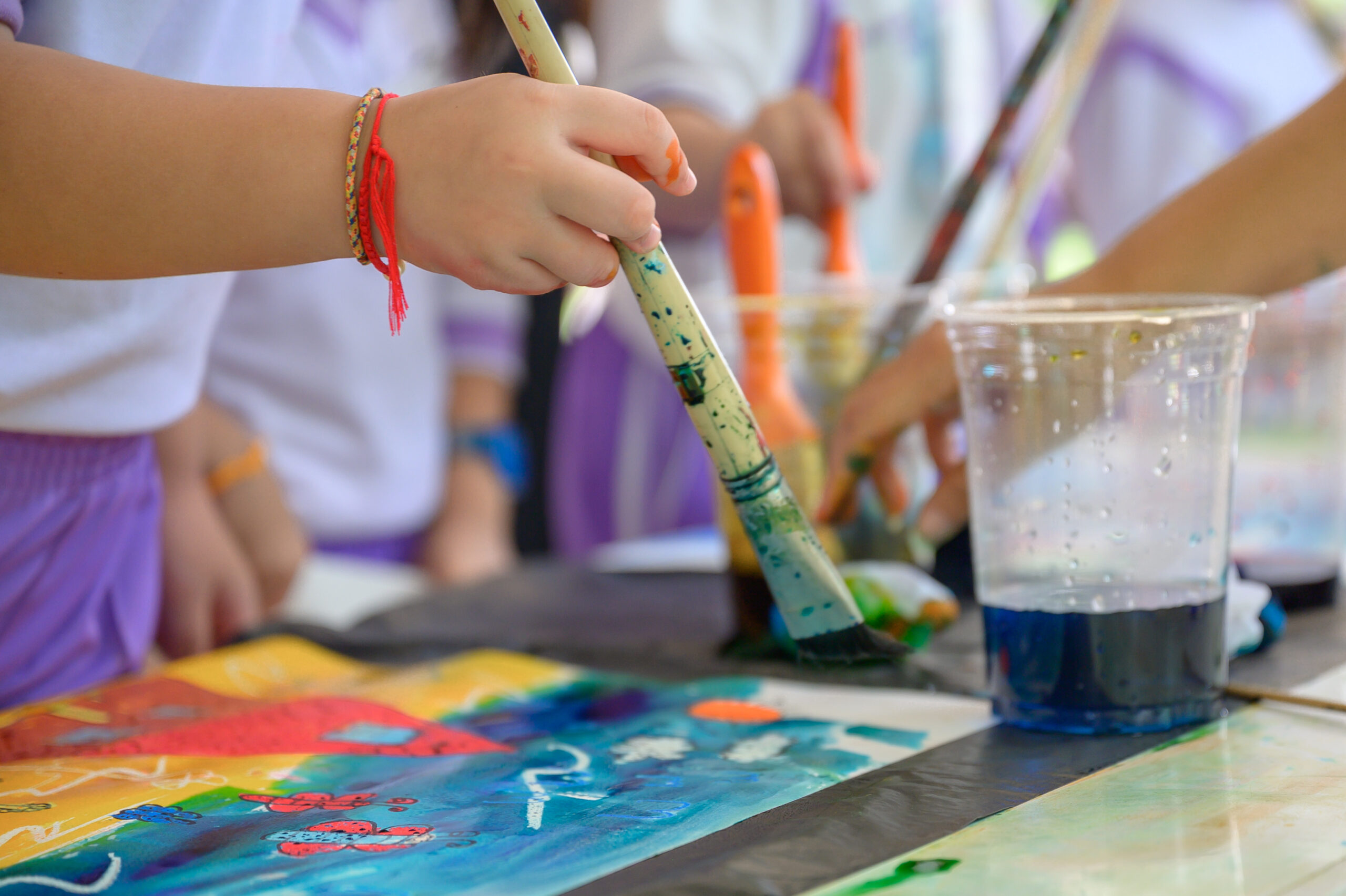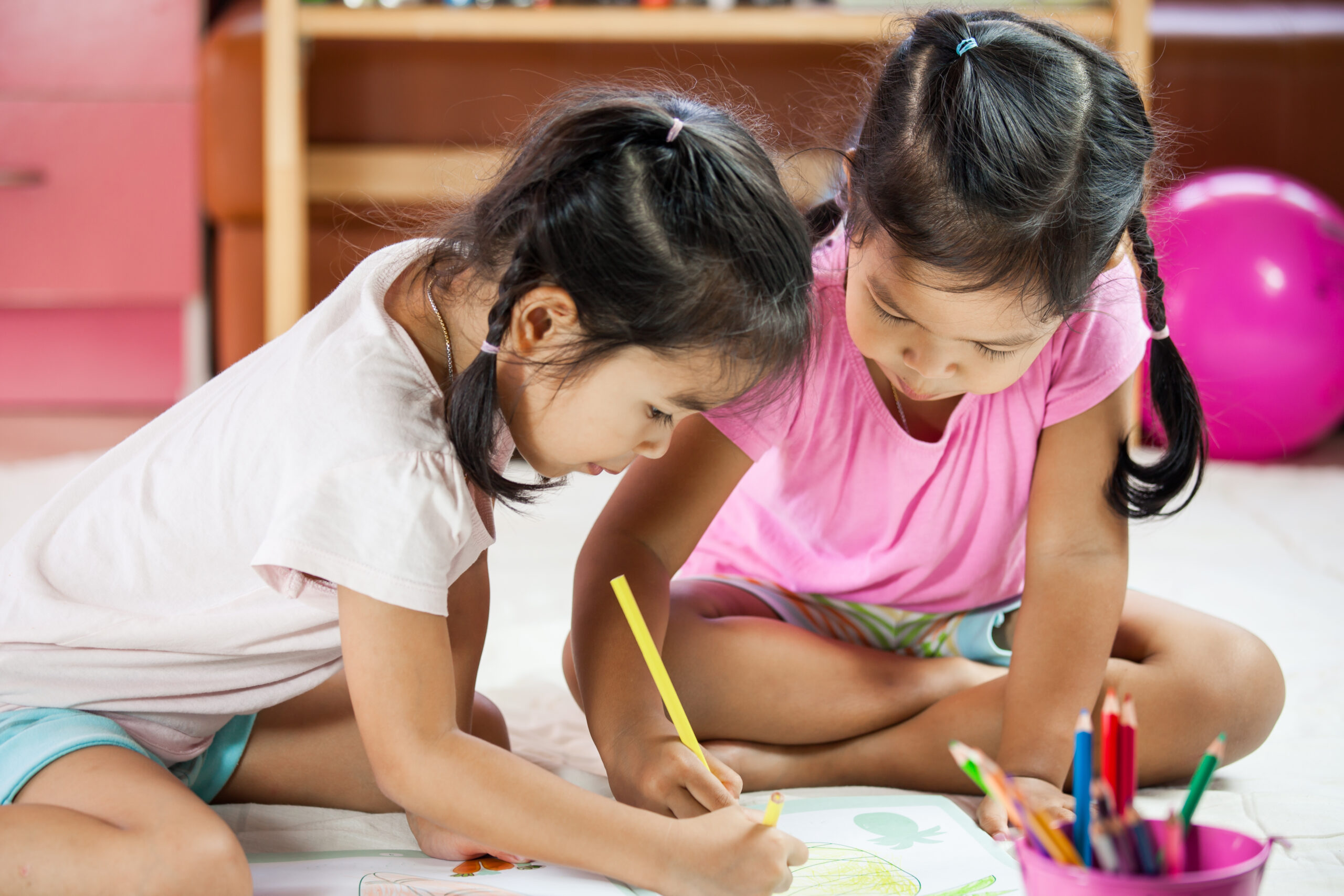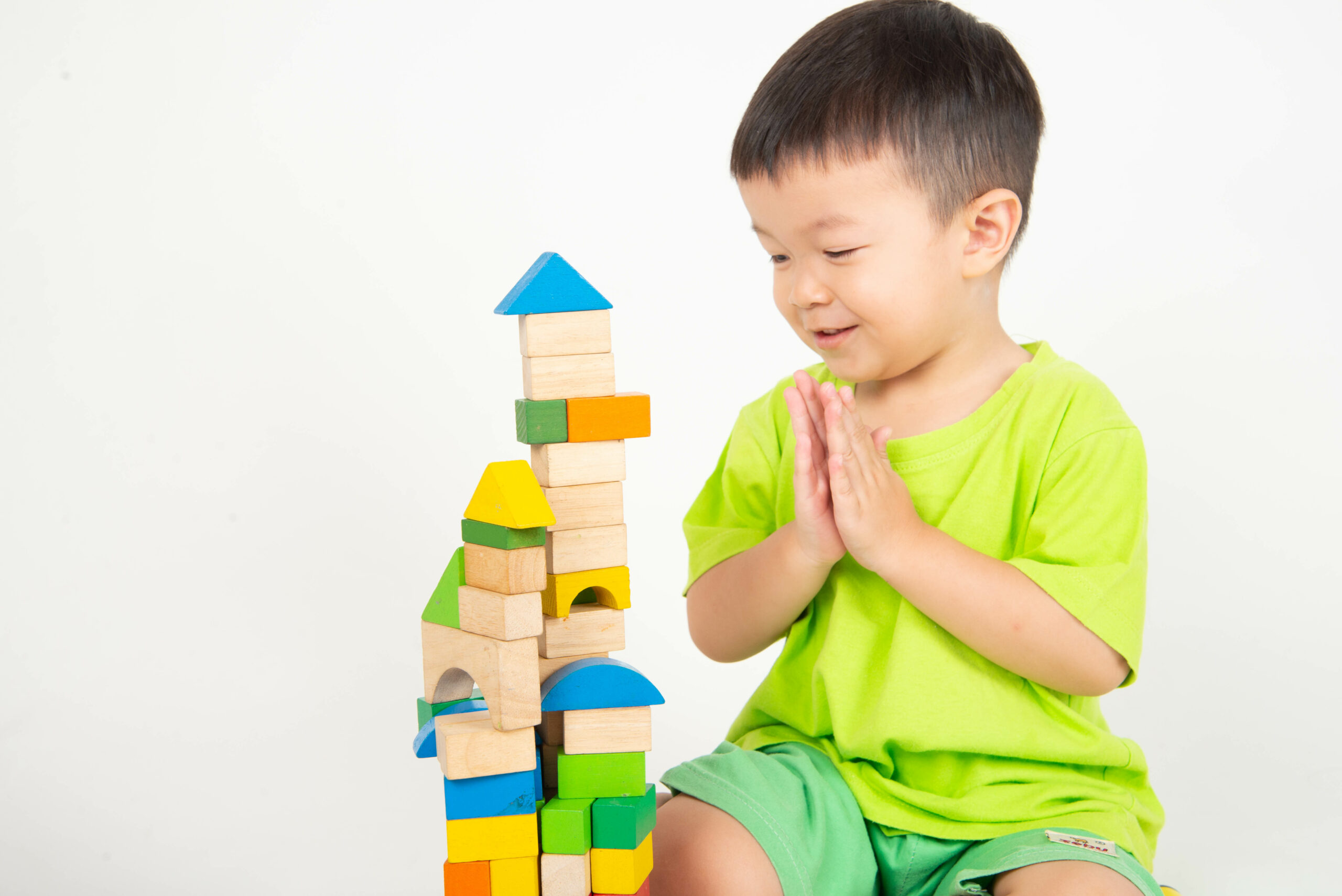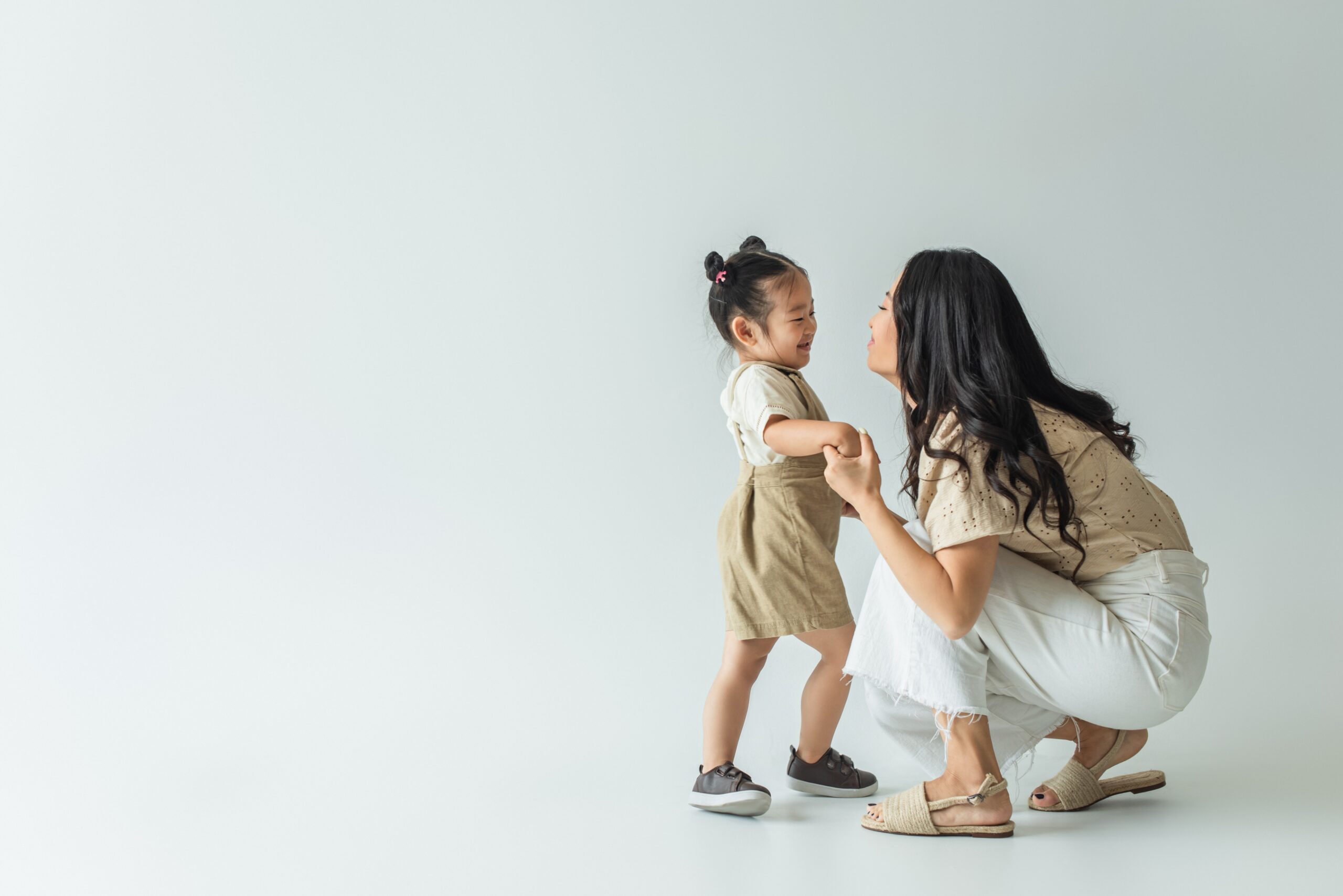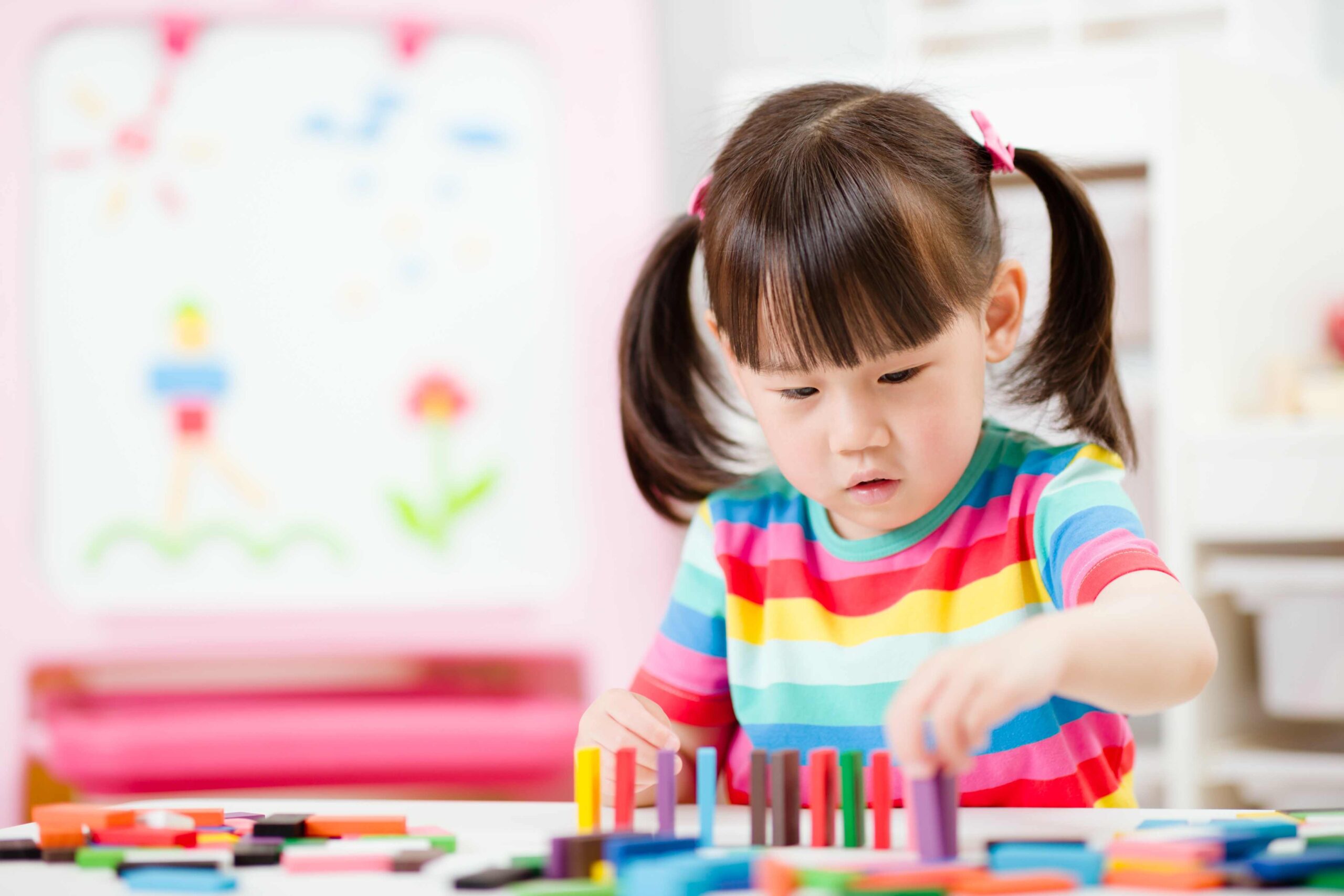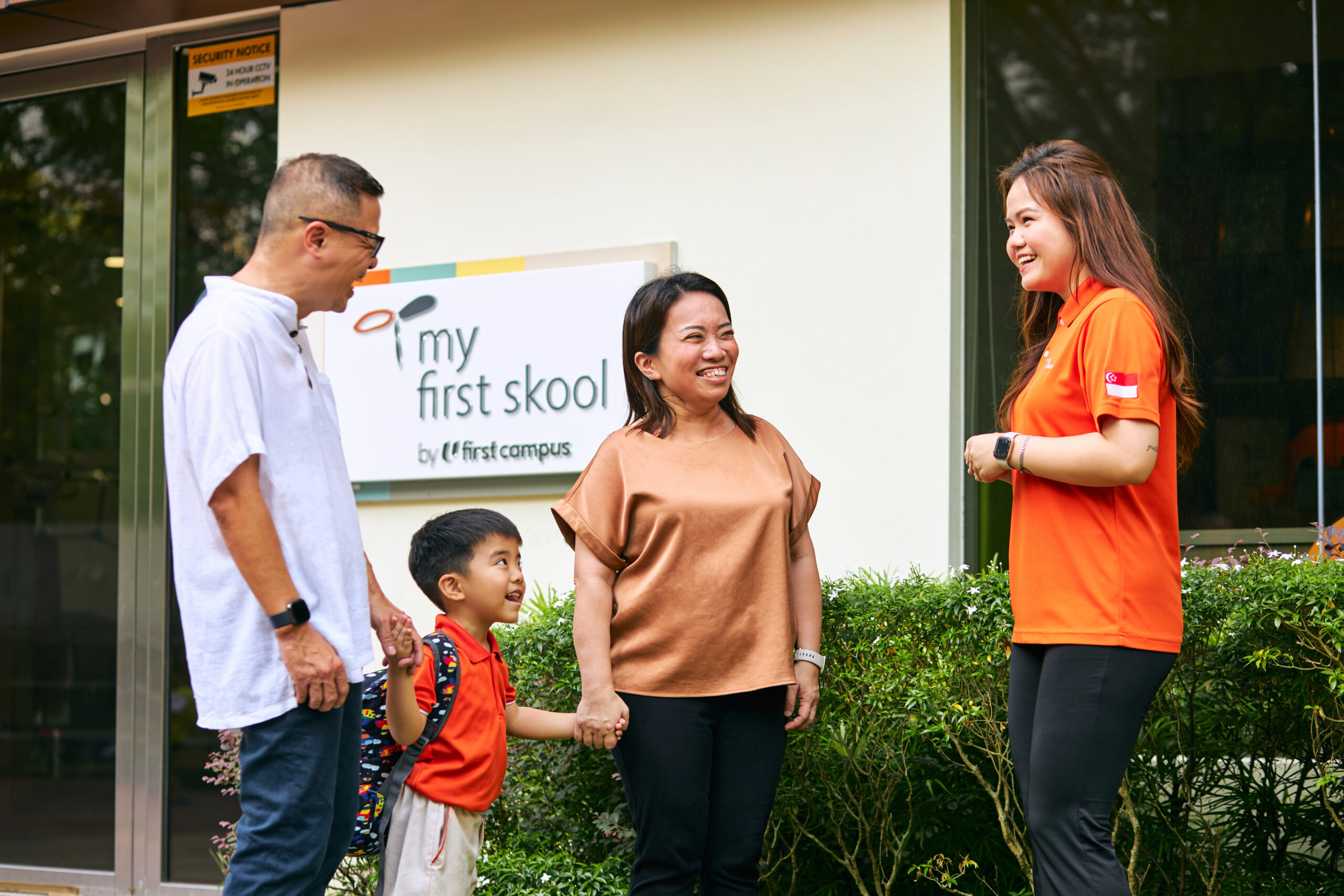How can we help?
Adjusting to Preschool is as Simple as ABC
Positive Parenting
For toddlers, preschool can be one of the most harrowing times of their young lives – or it can be a time of wonder and excitement as they gain new friends and find joy in their new surroundings. How your child adapts to preschool education in Singapore, can be determined by their introduction to this brand-new environment.
Unsure of what to do? These tips will help you transition your child from home to preschool in the most seamless and joyful way possible.
Be mentally prepared
Before preparing your child for the transition, you must first prepare yourself. If you’re feeling nervous, anxious or uncertain about preschool, your child can pick up on your non-verbal cues – and this will translate directly into how they feel about what’s coming up next.
Display confidence, positivity and happiness when talking about school with your child. Let them know that this is a place of joy, fun and discovery. Plus, they’ll get to play with new friends! Stay positive and upbeat, and your kid will sense your positive vibes and may even look forward to starting school.
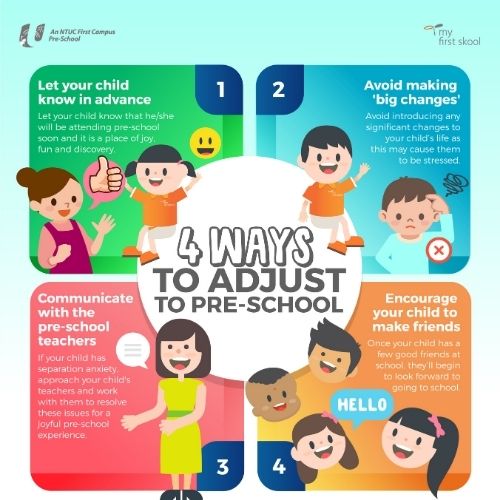
Avoid making other “big changes”
During this transitional period, avoid introducing any other significant changes to your child’s life. This includes both positive changes (such as getting a pet) and possibly distressing ones (like making your child sleep in their own bed).
Apart from reducing all other stresses from your child’s life, you’re also avoiding introducing any reasons your child may have for wanting to stay home – such as to play with their new dog. This period should start at least a few months before your child starts preschool, and should extend until they’re well and fully integrated at school.
Communicate with the teacher
If your child has separation anxiety or any other issues integrating into preschool, it’s a good idea to talk to your child’s teacher about it.
Bear in mind that at good preschools, teachers are well-qualified and experienced early childhood educators who are equipped with the skills needed to help children through these issues – what they’ll need is your assistance and an open channel of communication, so they can work with you to resolve these issues and give your child a fantastic schooling experience.
Encourage your child to make friends
Once your child has a few good friends at school, they’ll begin looking forward to schooldays. But while naturally social children will have no trouble making friends, introverted children may need a little nudge and encouragement.
You can play a part in this process by encouraging your child to talk to their classmates. To play an even more proactive role in your child’s social development, you could set up play sessions with the children whom your child is closer with. This could also be an innovative way of expanding your own social circle and getting to know other parents with young children!
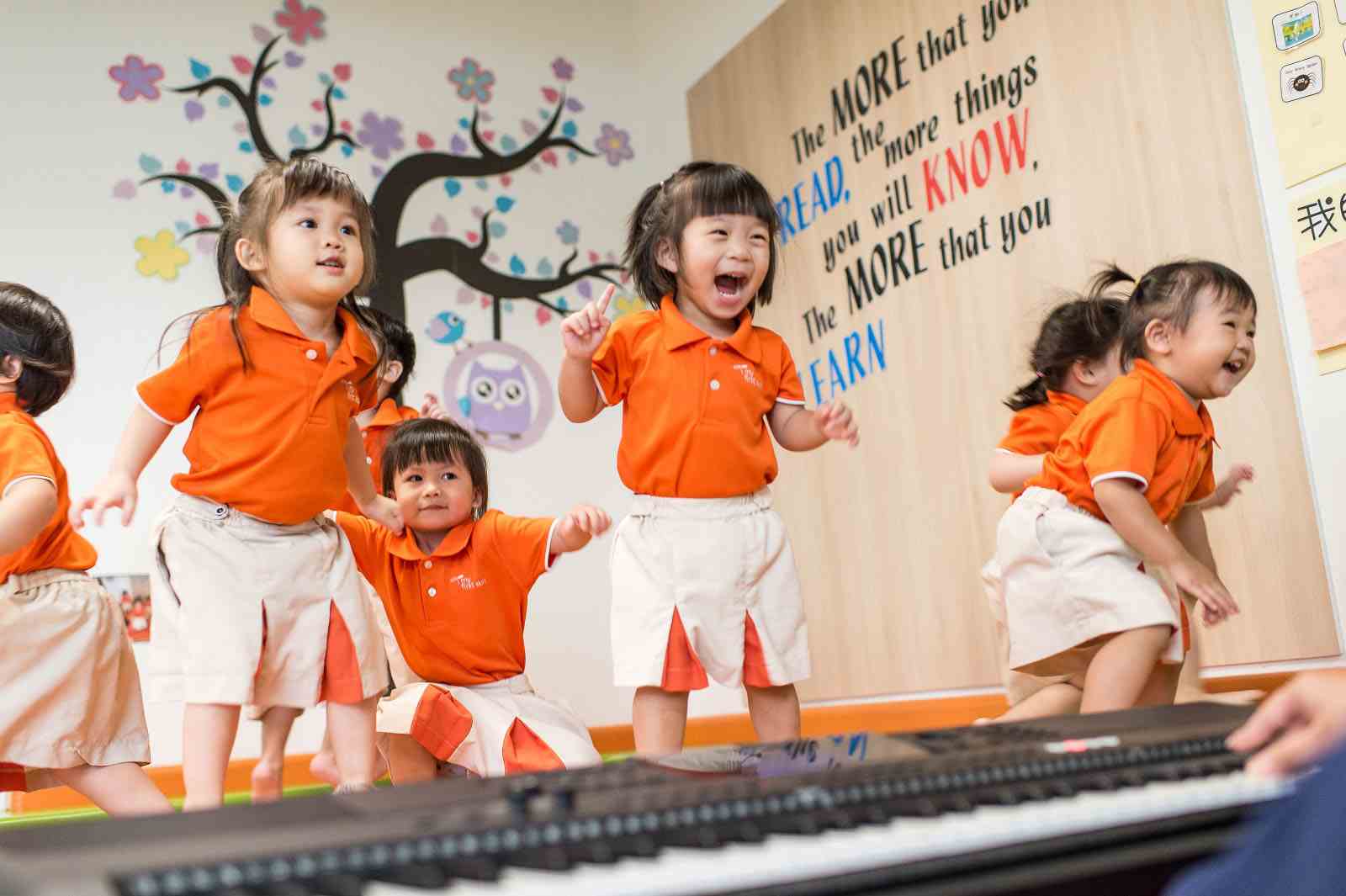
Choose a preschool with a curriculum that nurtures trust
Perhaps the most important step you can take to ensuring your child is well-adjusted to preschool life, is getting to know their preschool’s curriculum before signing up. By selecting a preschool with a curriculum that’s designed to nurture trust and relationship-building, you’re starting your child off with one of the biggest advantages they can have in their young lives.
At My First Skool, we incorporate a relationships-based curriculum (RBC) for children aged 0 to 3 years. The biggest difference between an RBC and “regular” curriculum is that we focus on nurturing strong and trusting relationships between children and teachers, as well as with their fellow classmates. This modern, empowering style of education builds children’s trust and confidence – enabling them to learn better, while developing good social skills.
Here’s how it works.
My First Skool’s relationships-based approach to teaching categorises your child’s development into three key areas:
- Thinking and Communicating Self: Activities that promote curiosity and problem-solving senses in children, encouraging little ones to be confident in expressing themselves
- Psychosocial Self: Lessons that nurture a sense of emotional resiliency and trust between children and teachers, as well as among themselves
- Physical Self: Developing physically competent children who have good coordination and psychomotor abilities
Our relationships-based approach is built on the strong and nurturing relationship between a teacher and a child.
Research has shown that when a child feels both secure and engaged, a deeper level of learning begins. This is why our relationships-based curriculum works in nurturing happy, confident and resilient children who exude an “I can do it!” mentality – children who have not only adjusted to life in preschool, but who excel in these early years.
Children with an “I can do it!” attitude are confident, capable and resilient. They are also creative problem solvers – especially as they are more willing to try new things, and tend to find fulfilment in trying until they succeed.
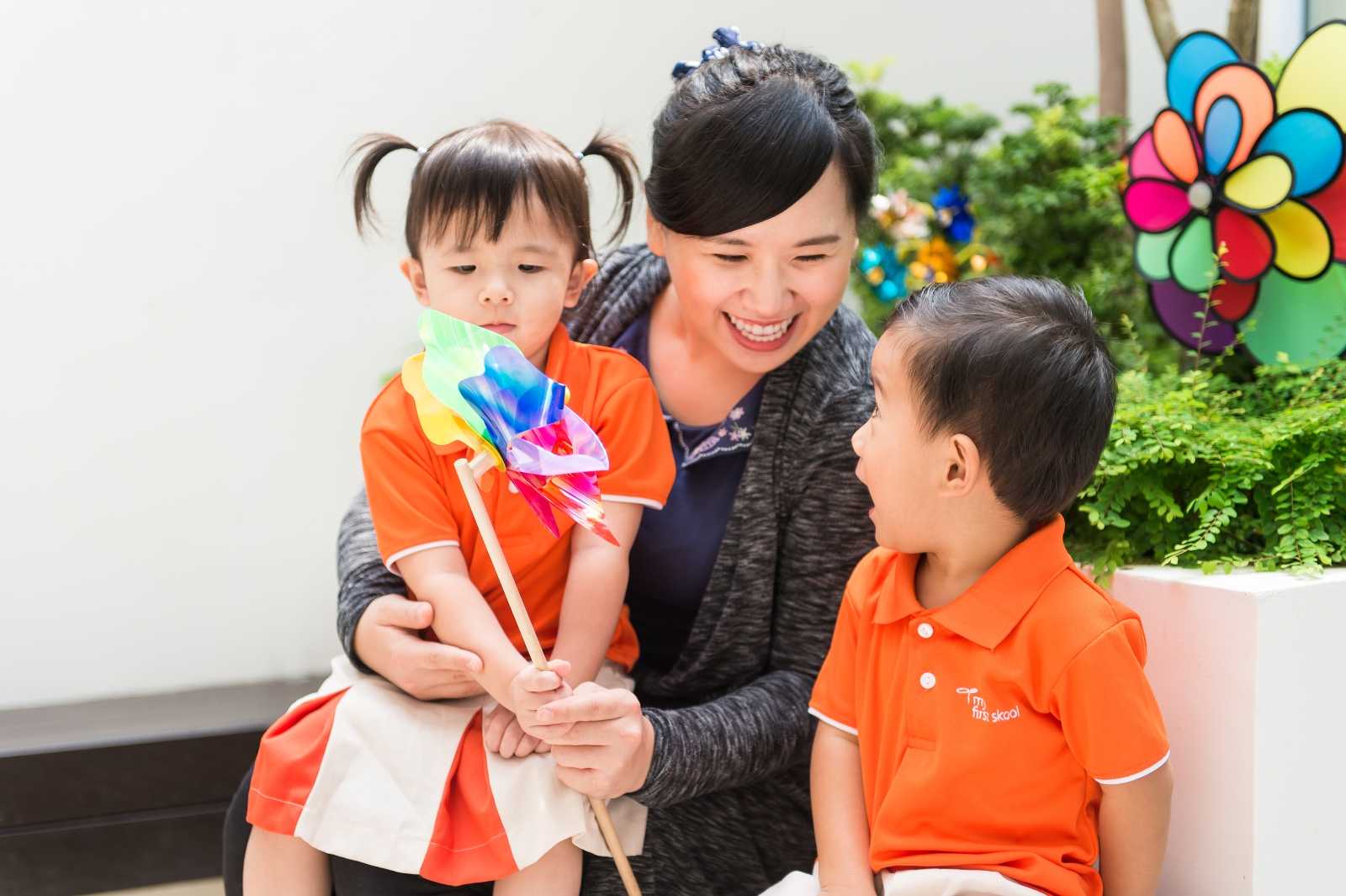
In a nutshell
Preparing your child for preschool is a big deal, but the good news is that it isn’t that difficult to do – once you’ve done your homework. Be sure to start preparations at least a few months in advance, so both you and your child can transition to this exciting next phase of life smoothly – and with as few tantrums, screams and tears as possible!
